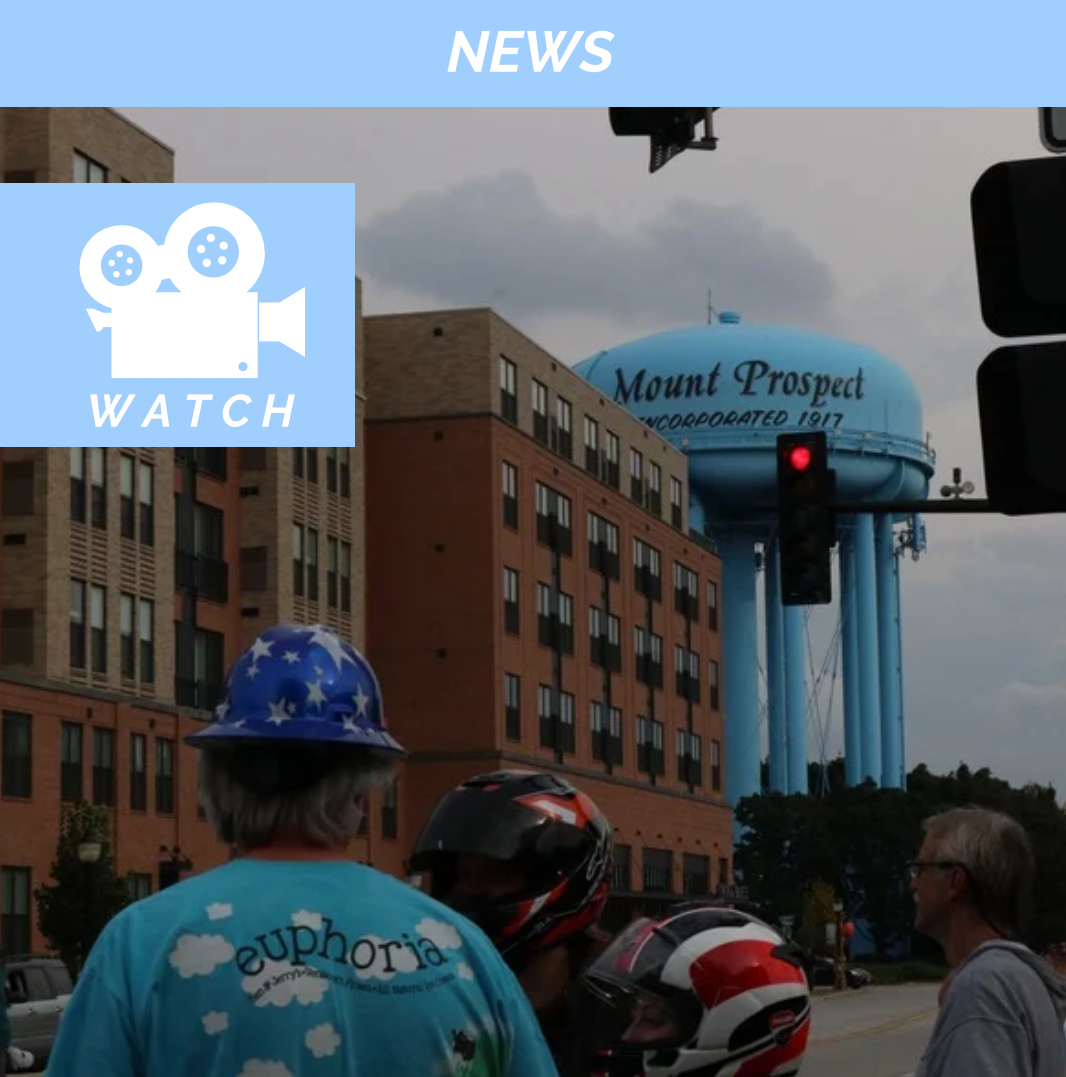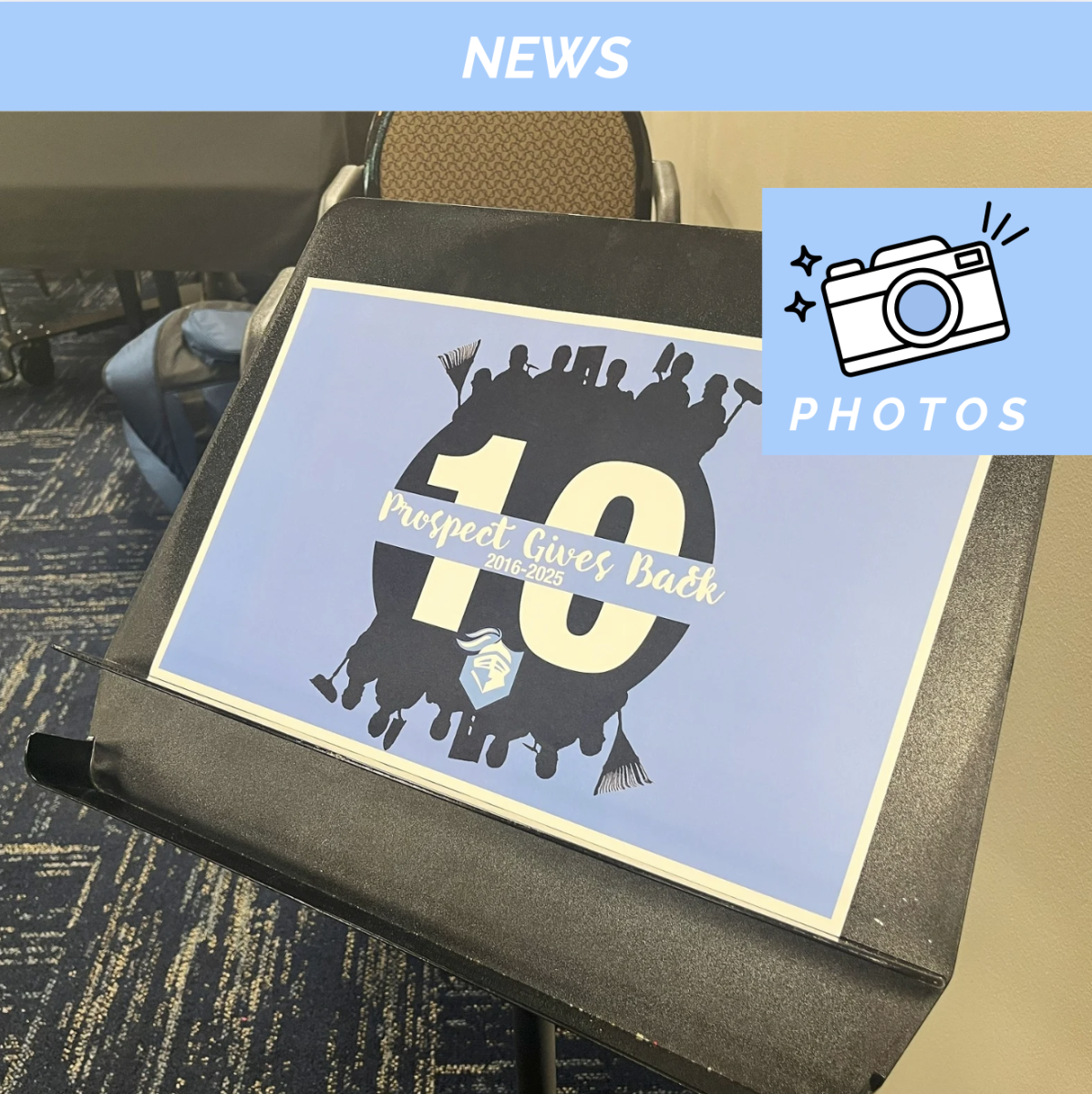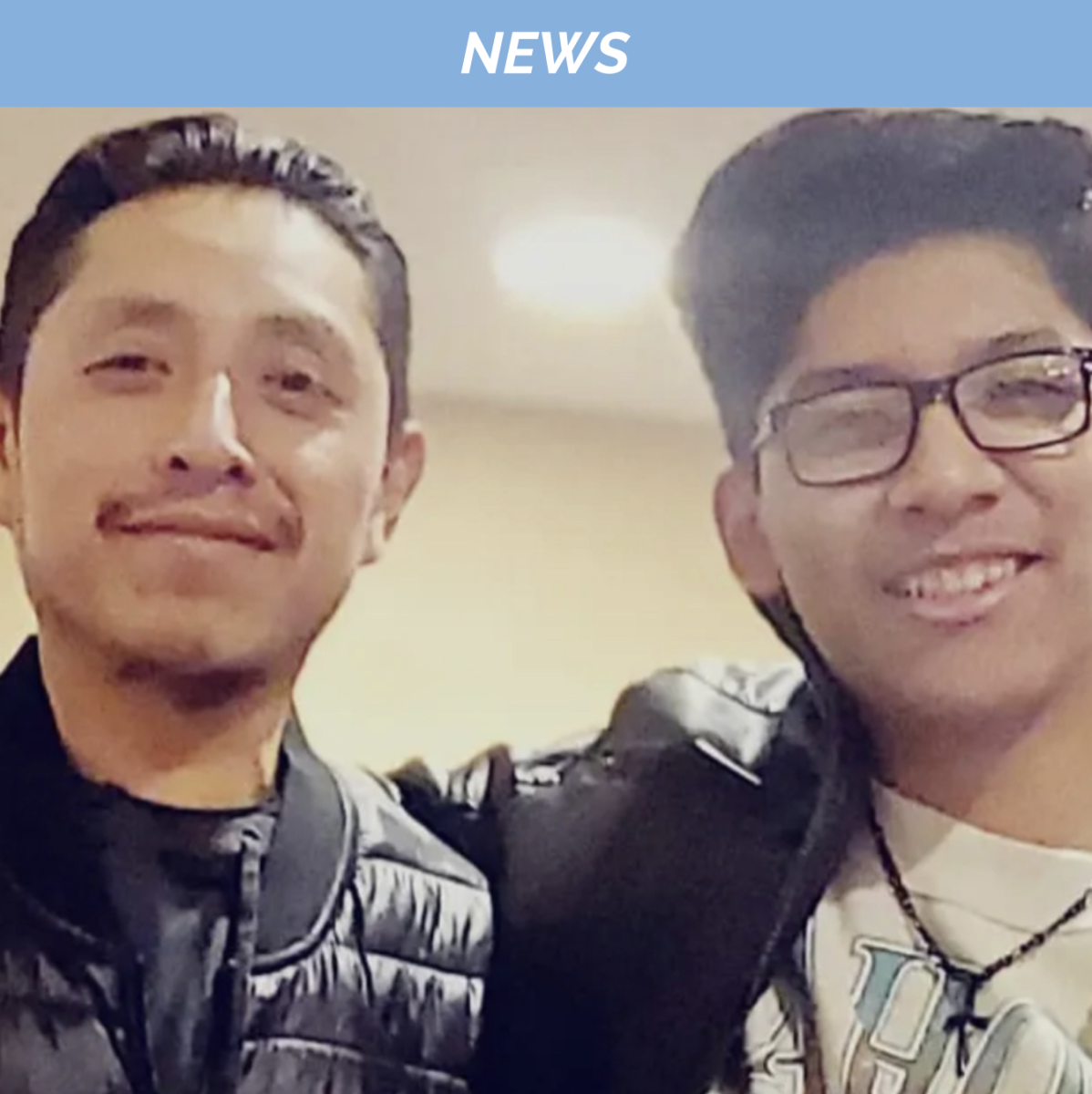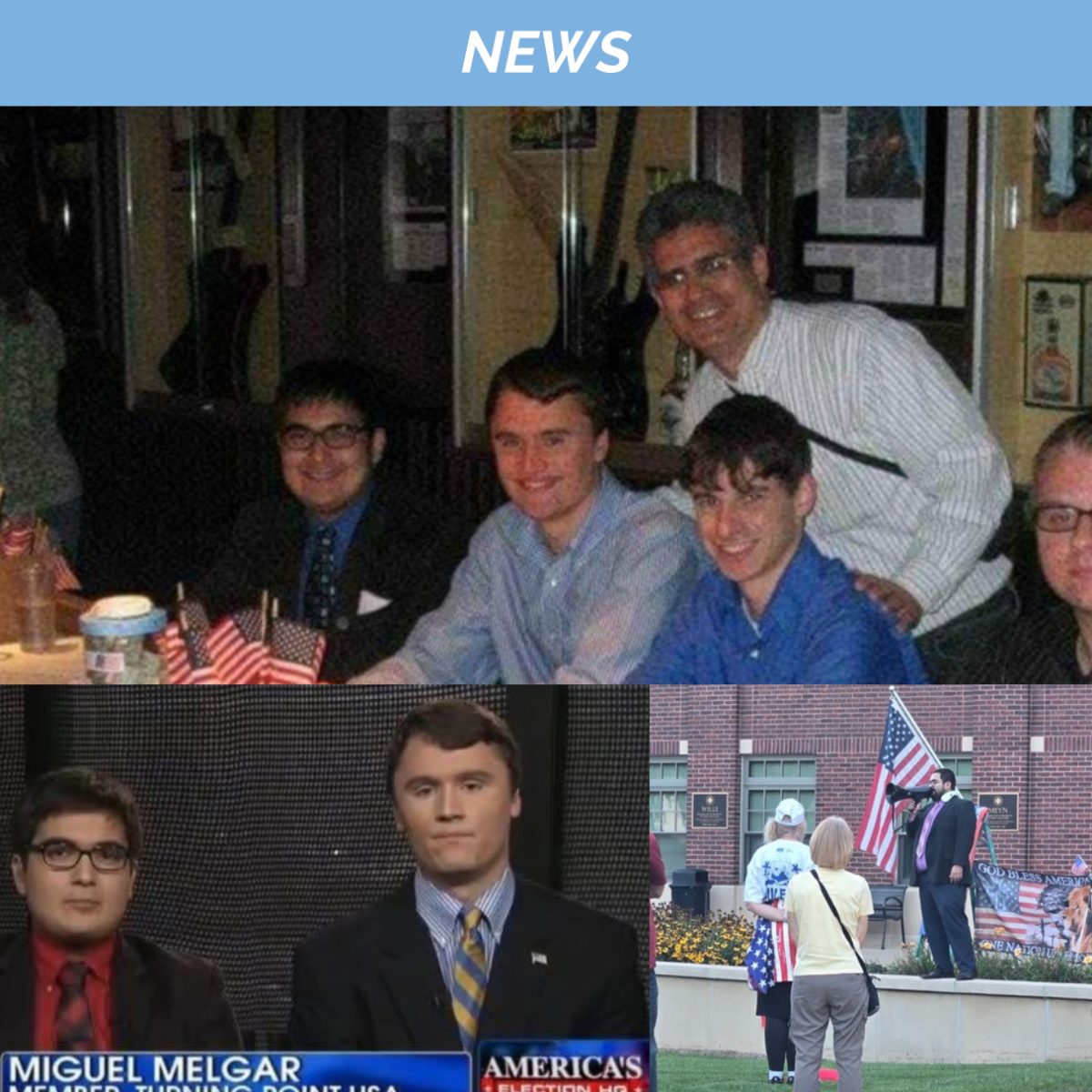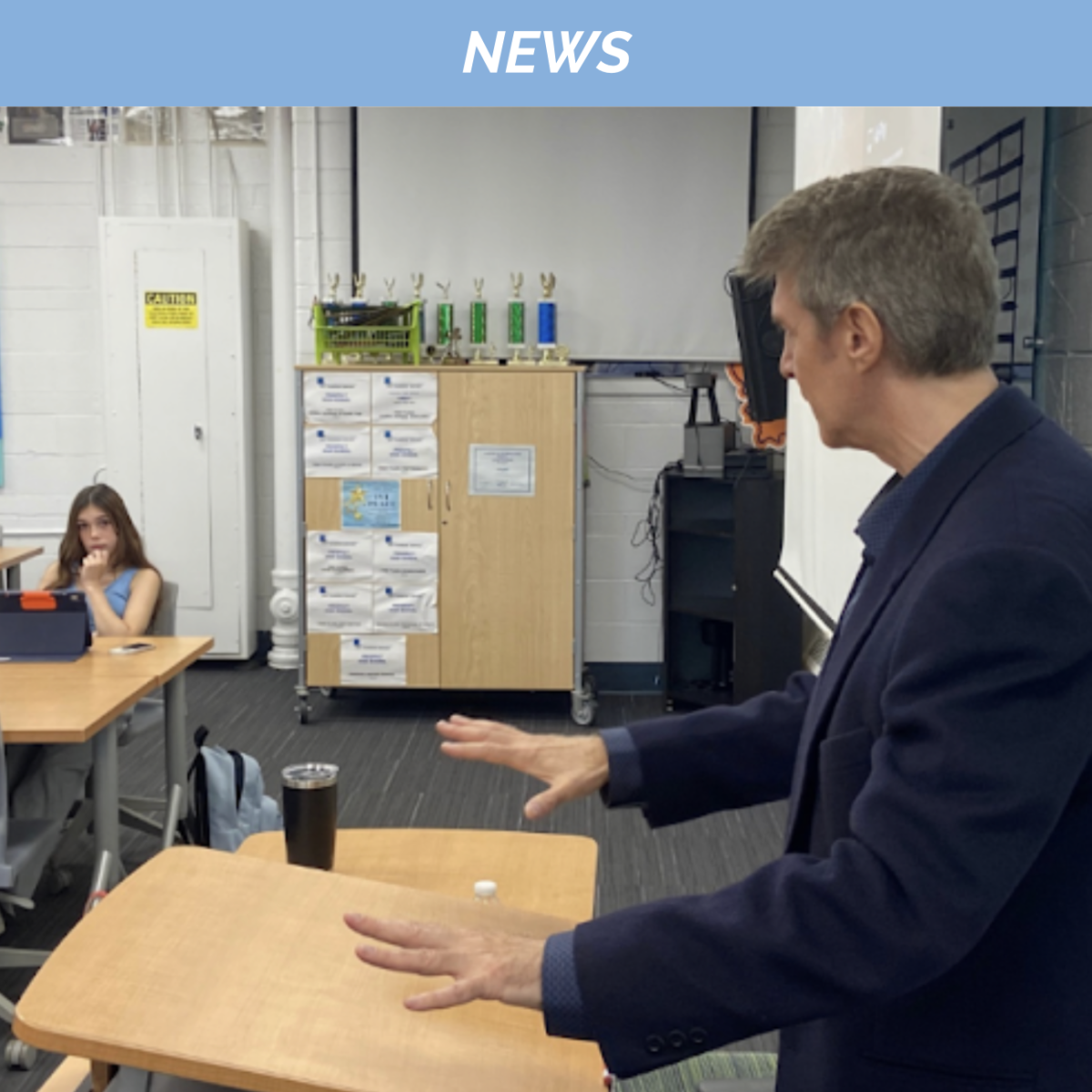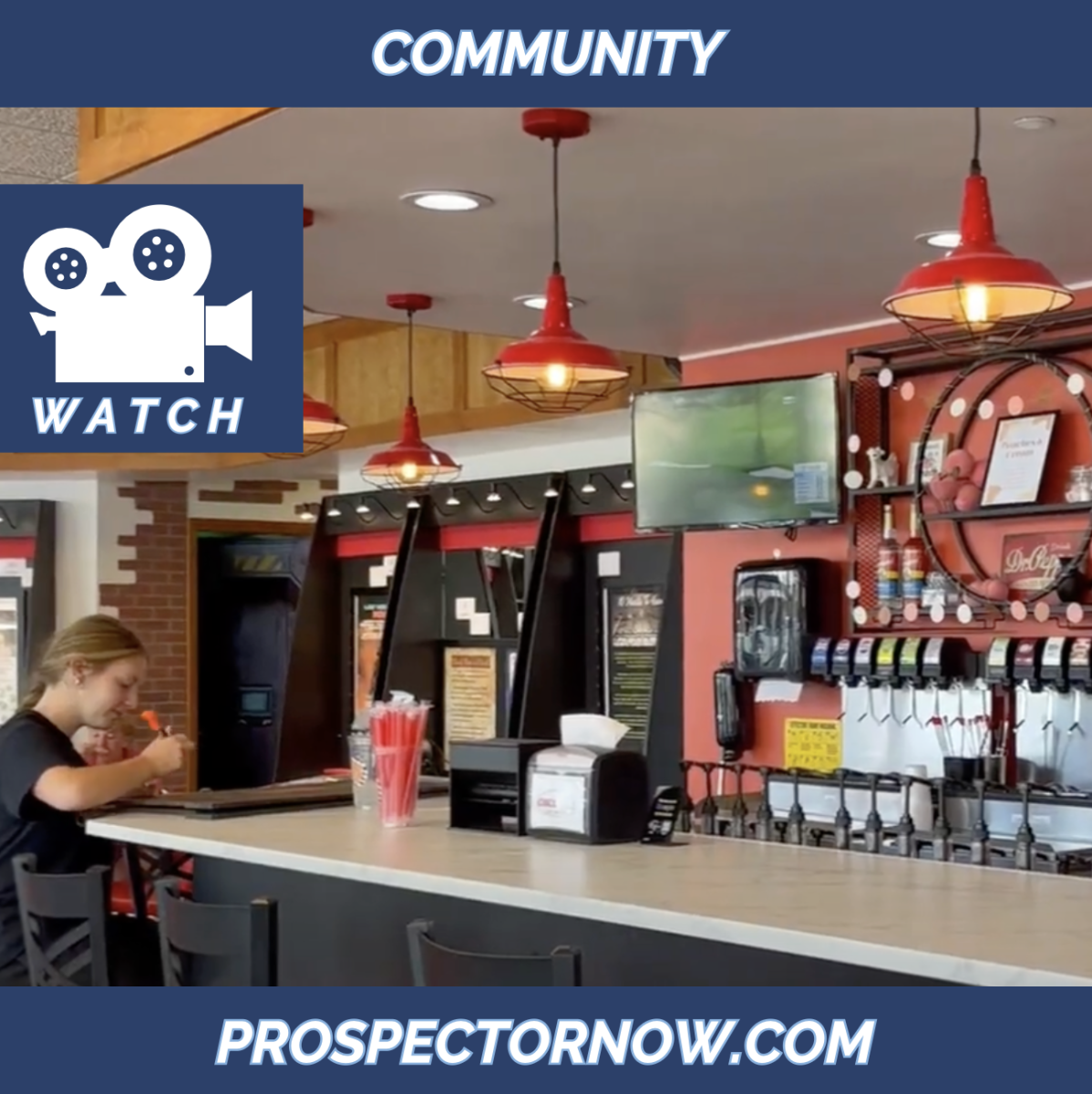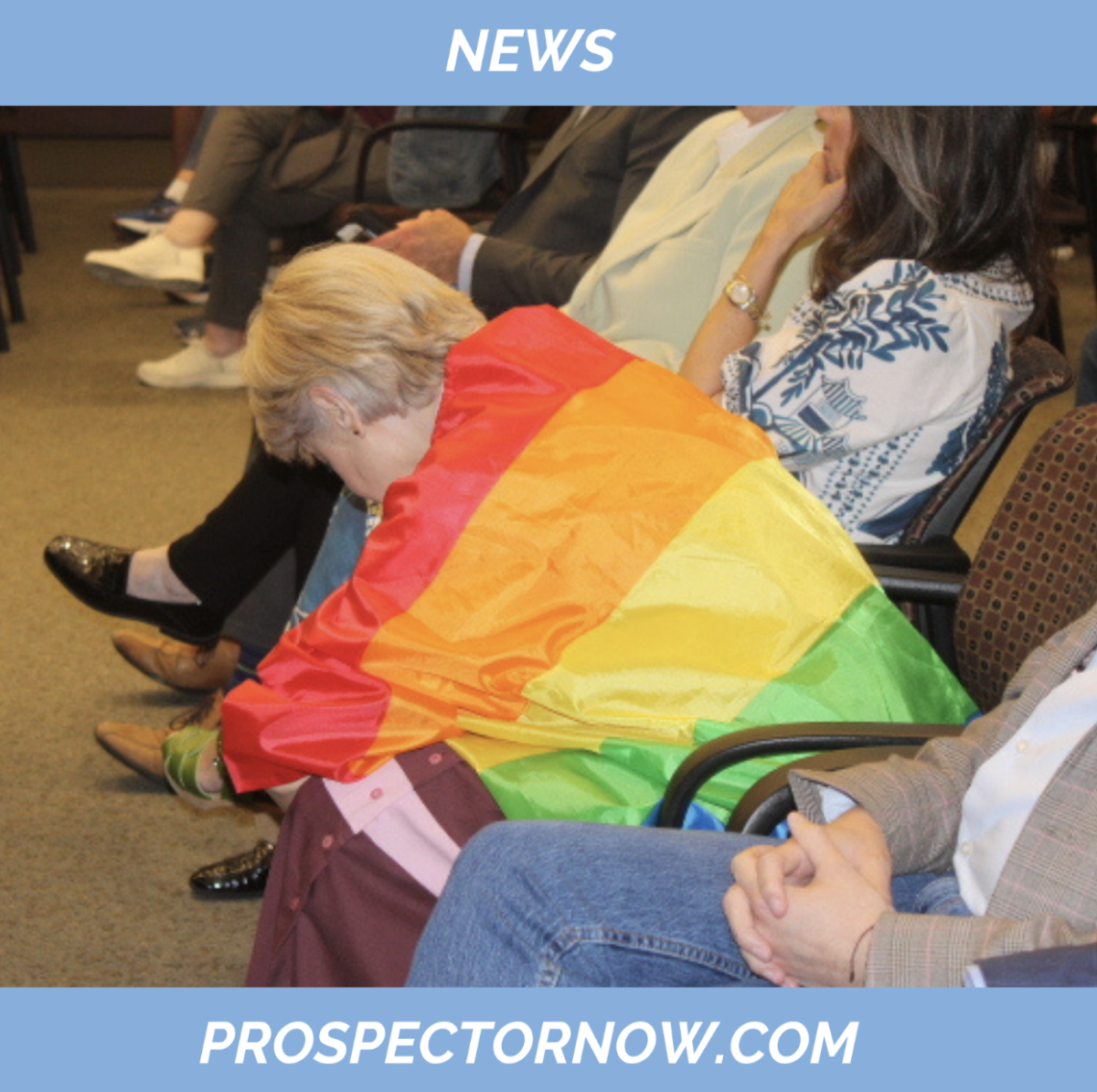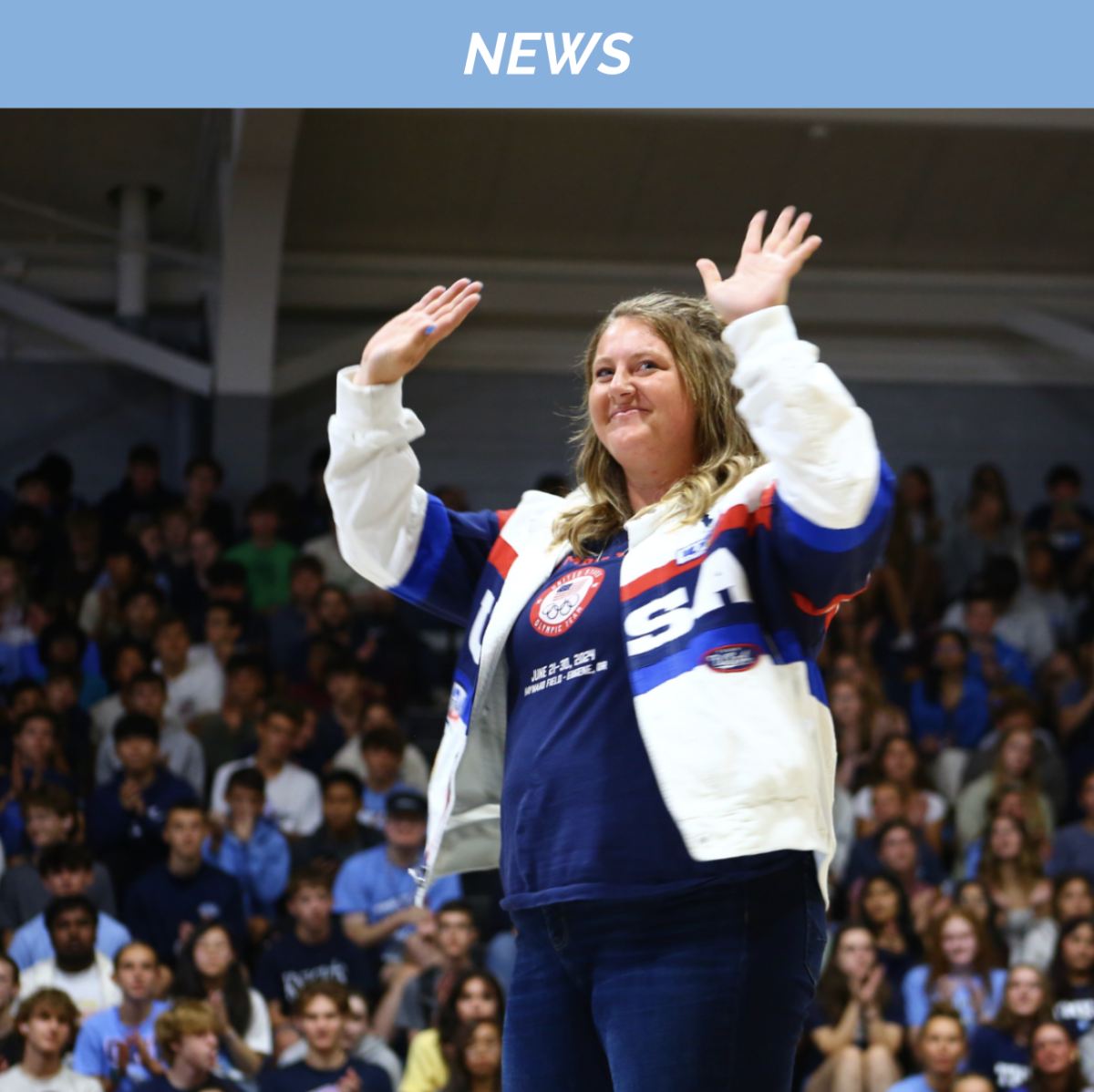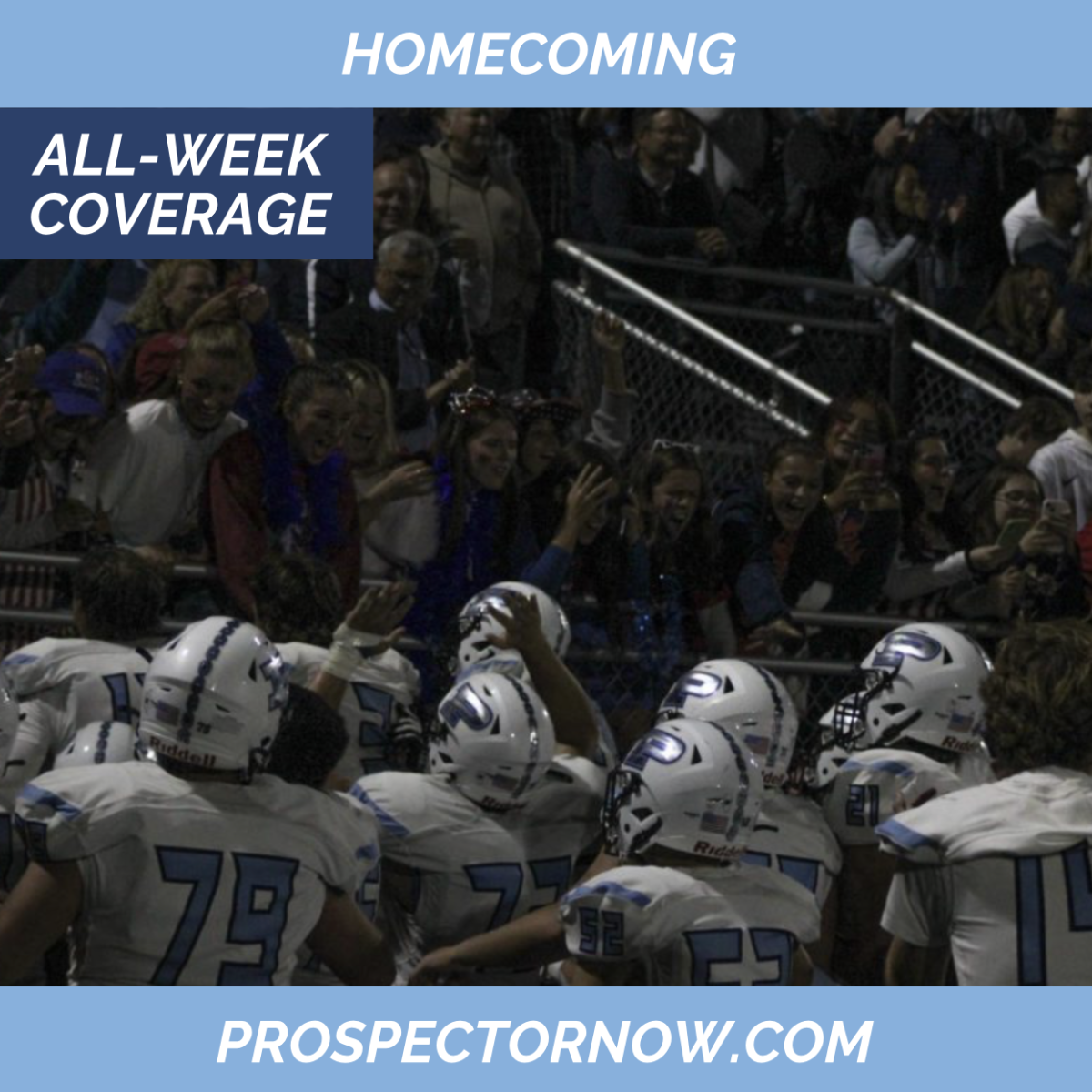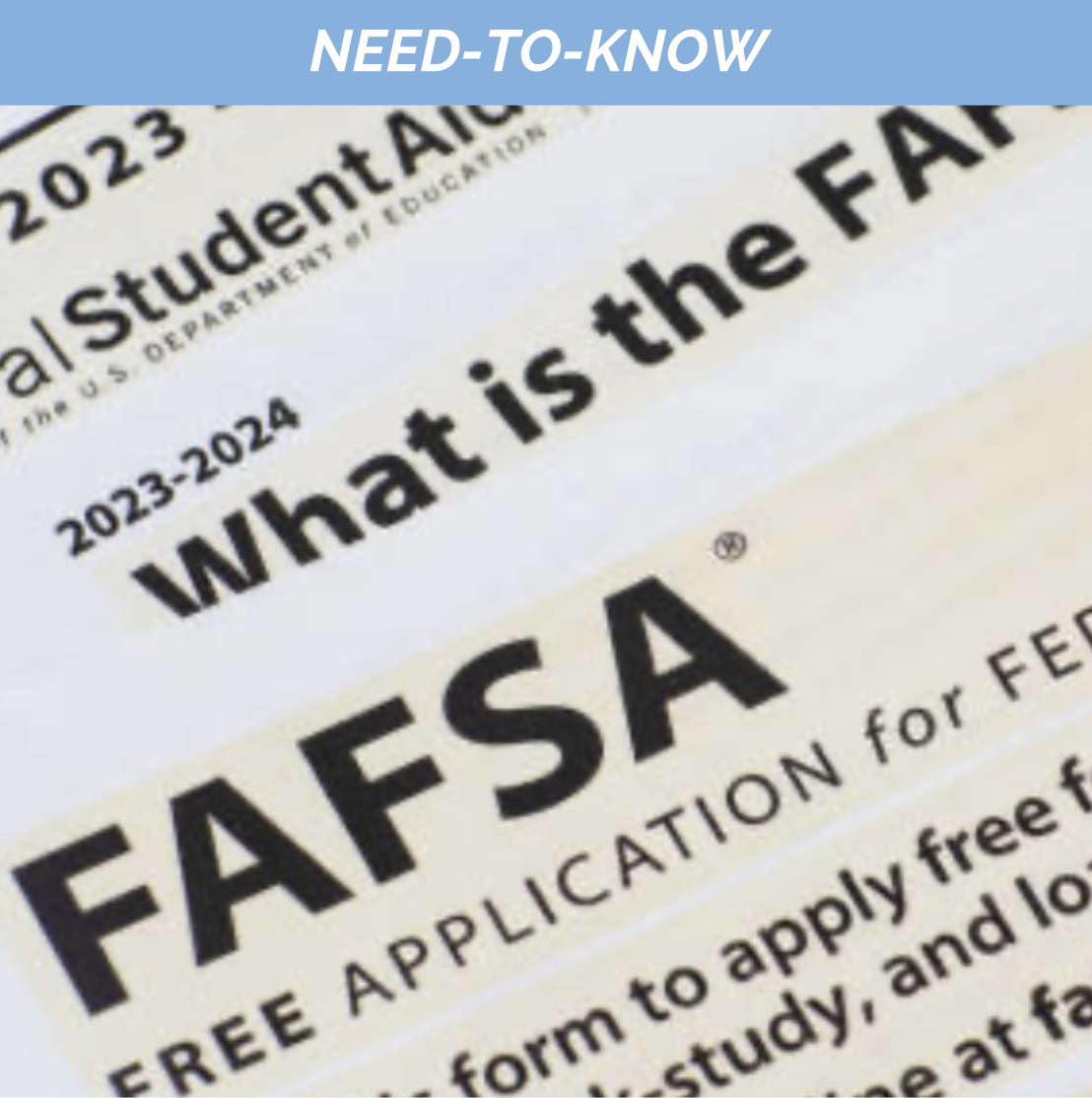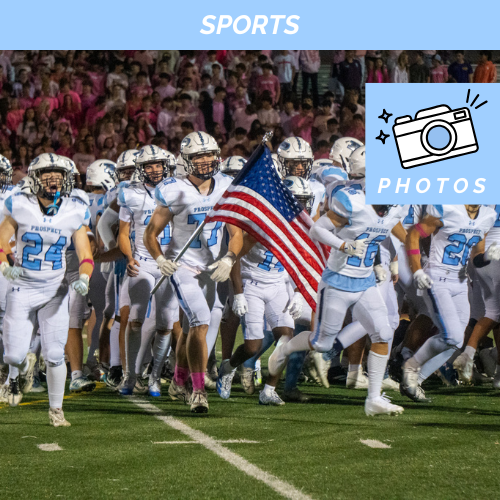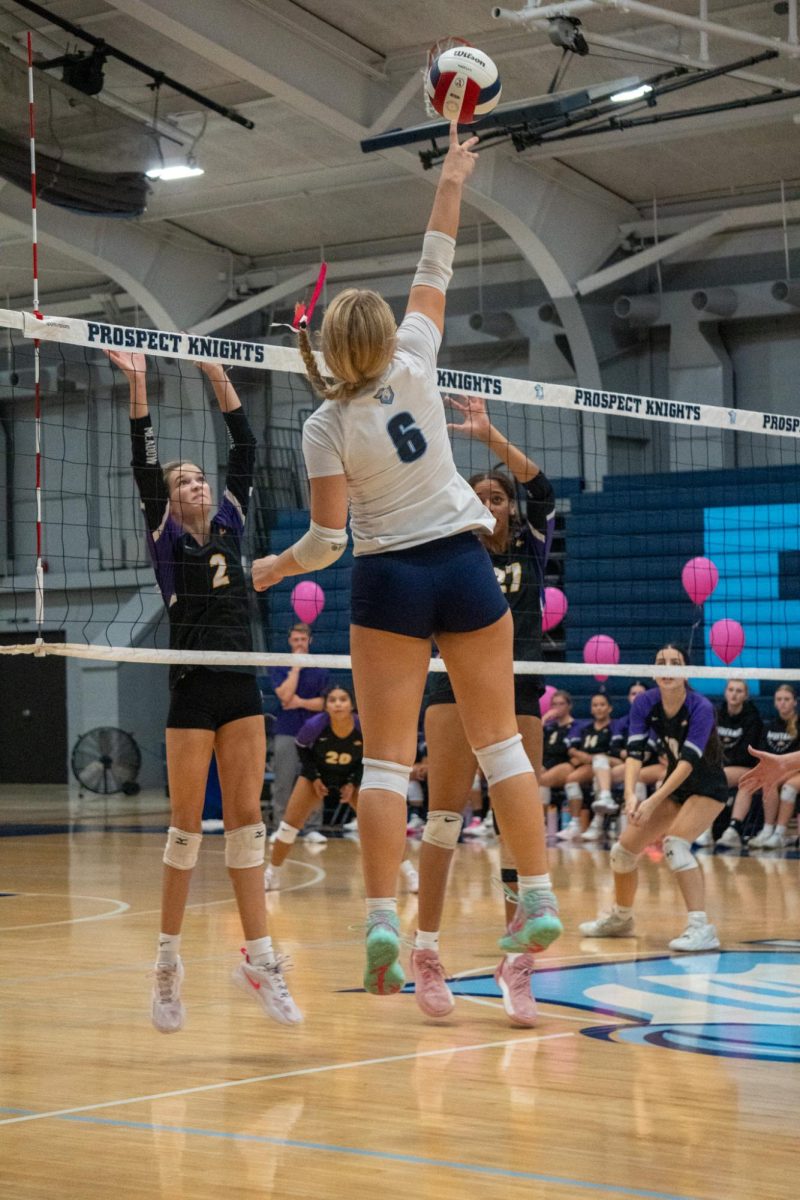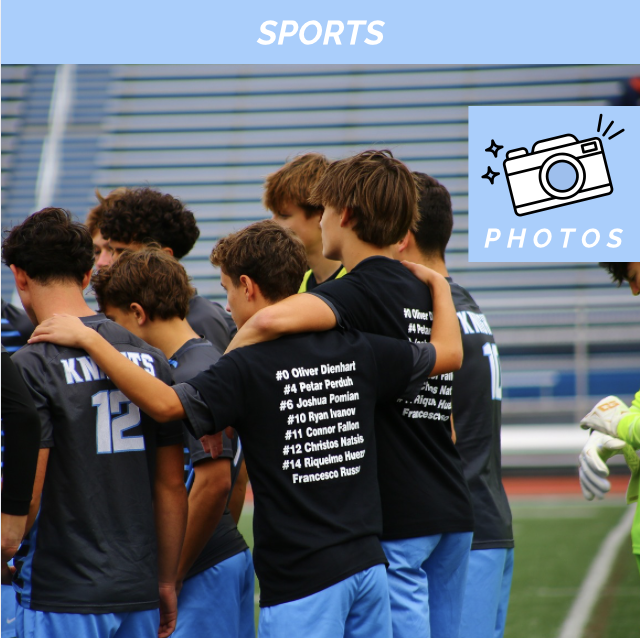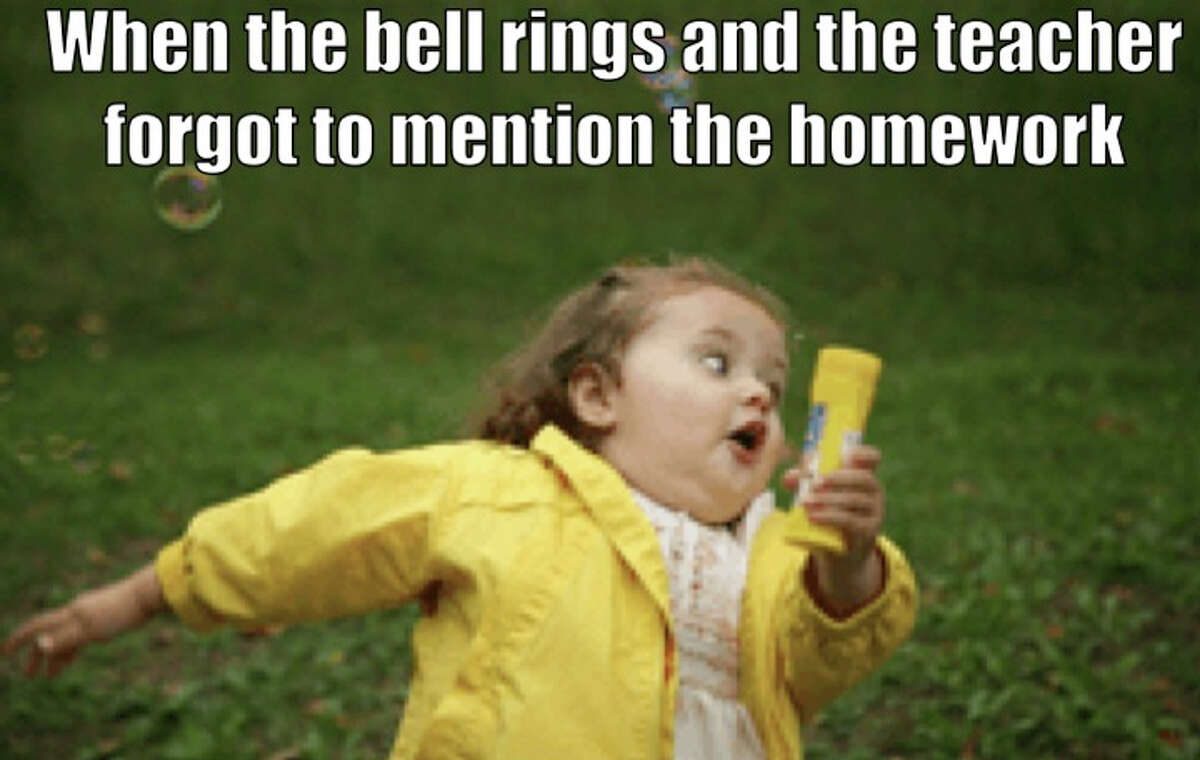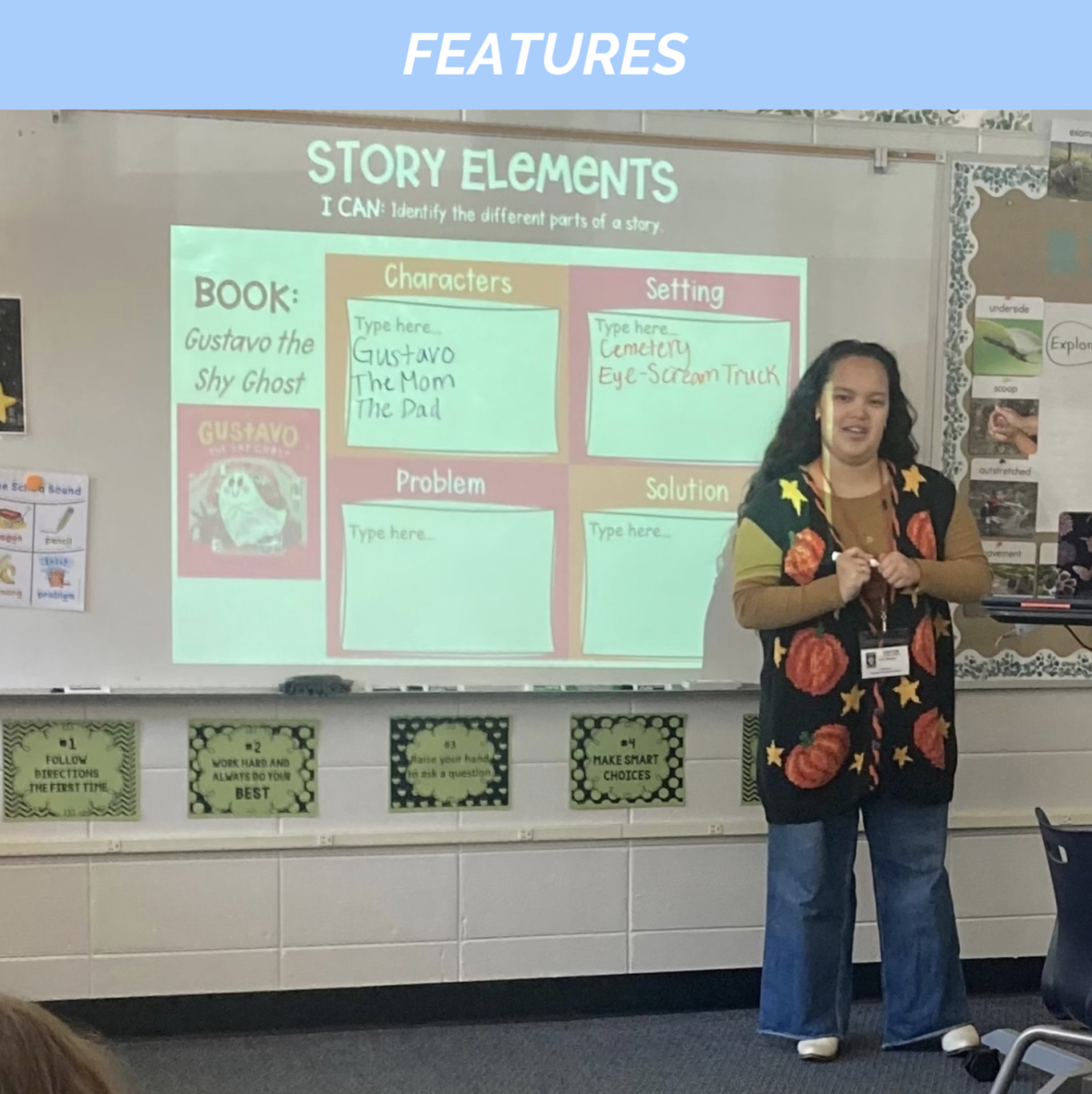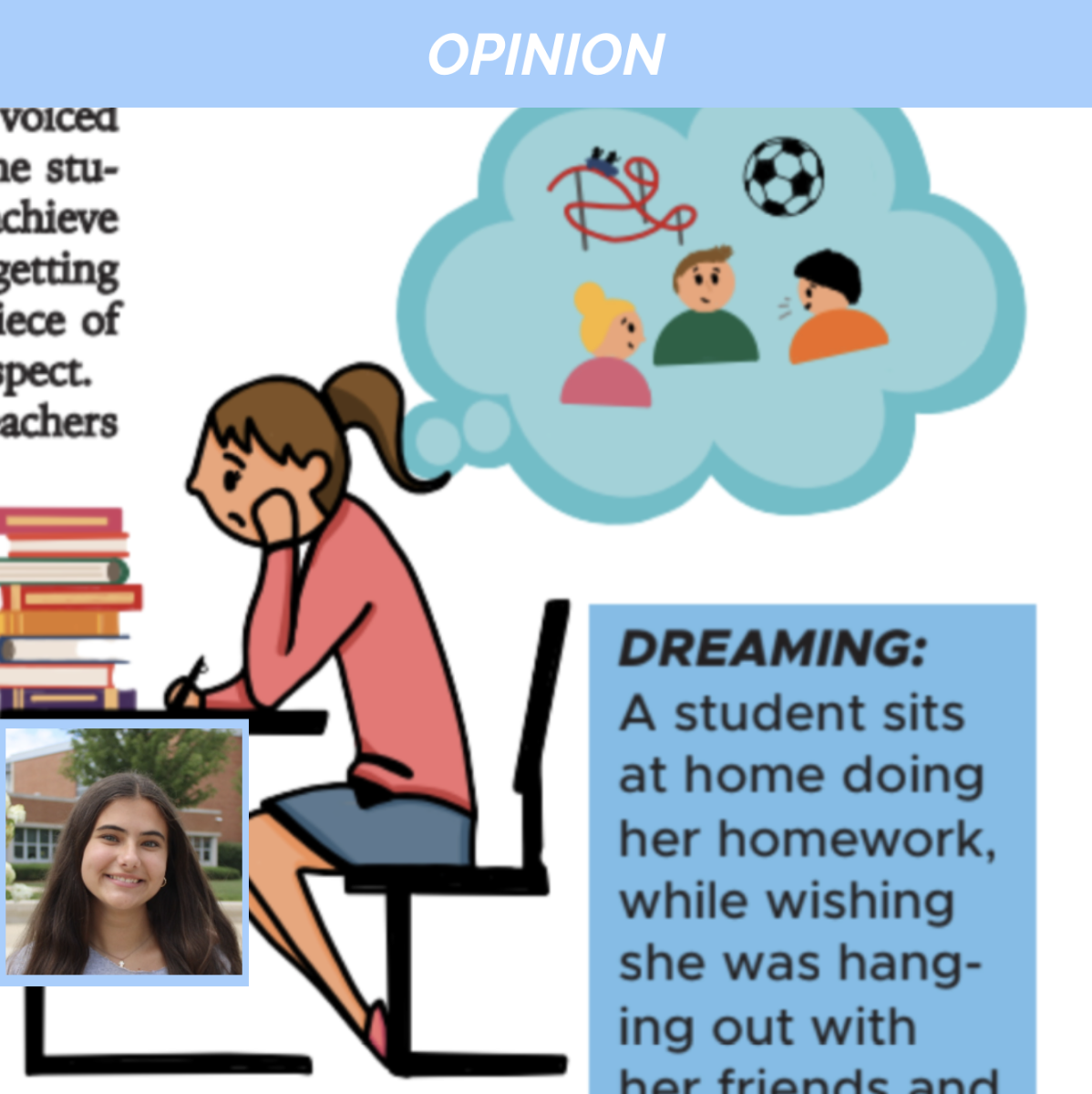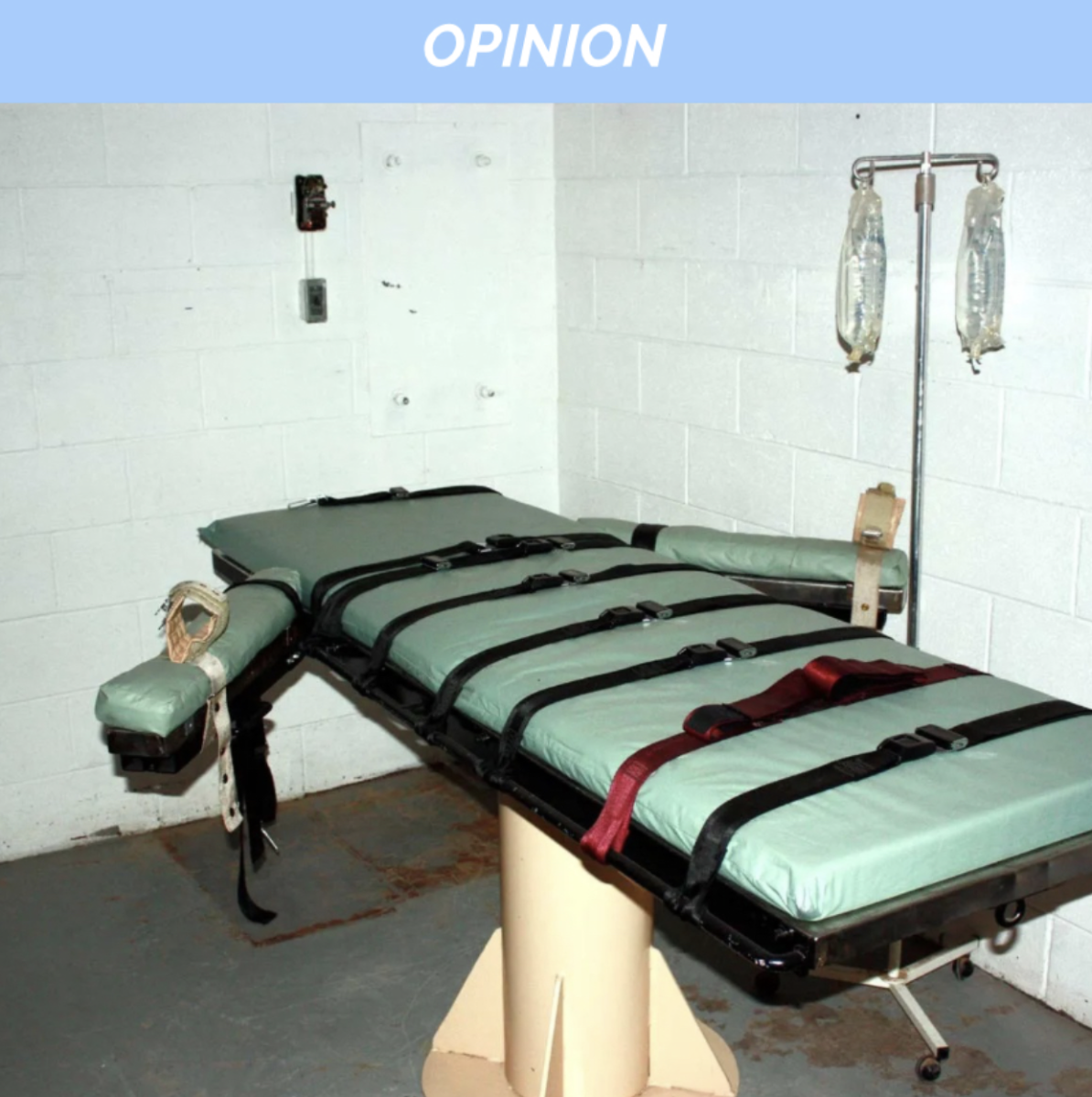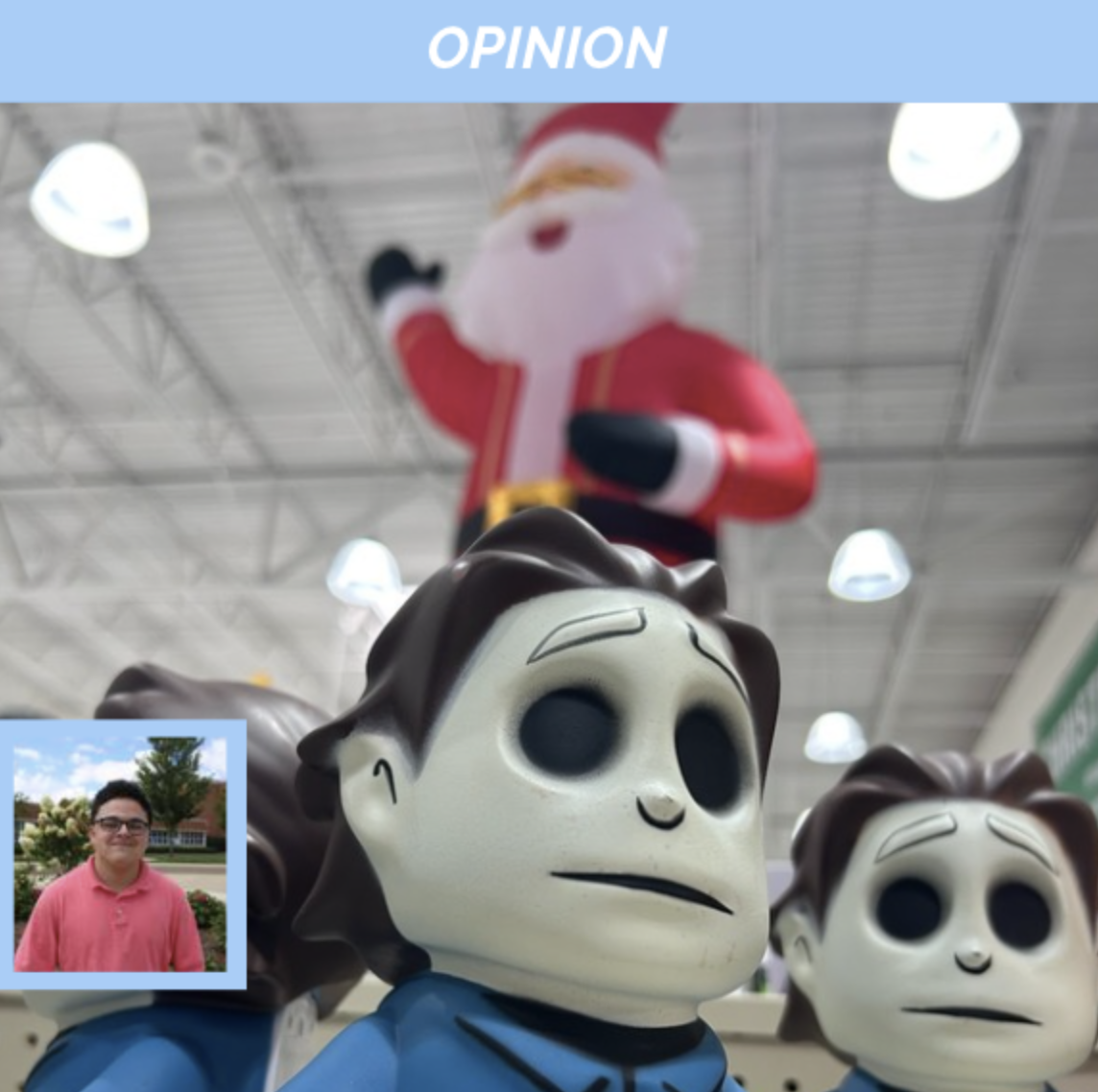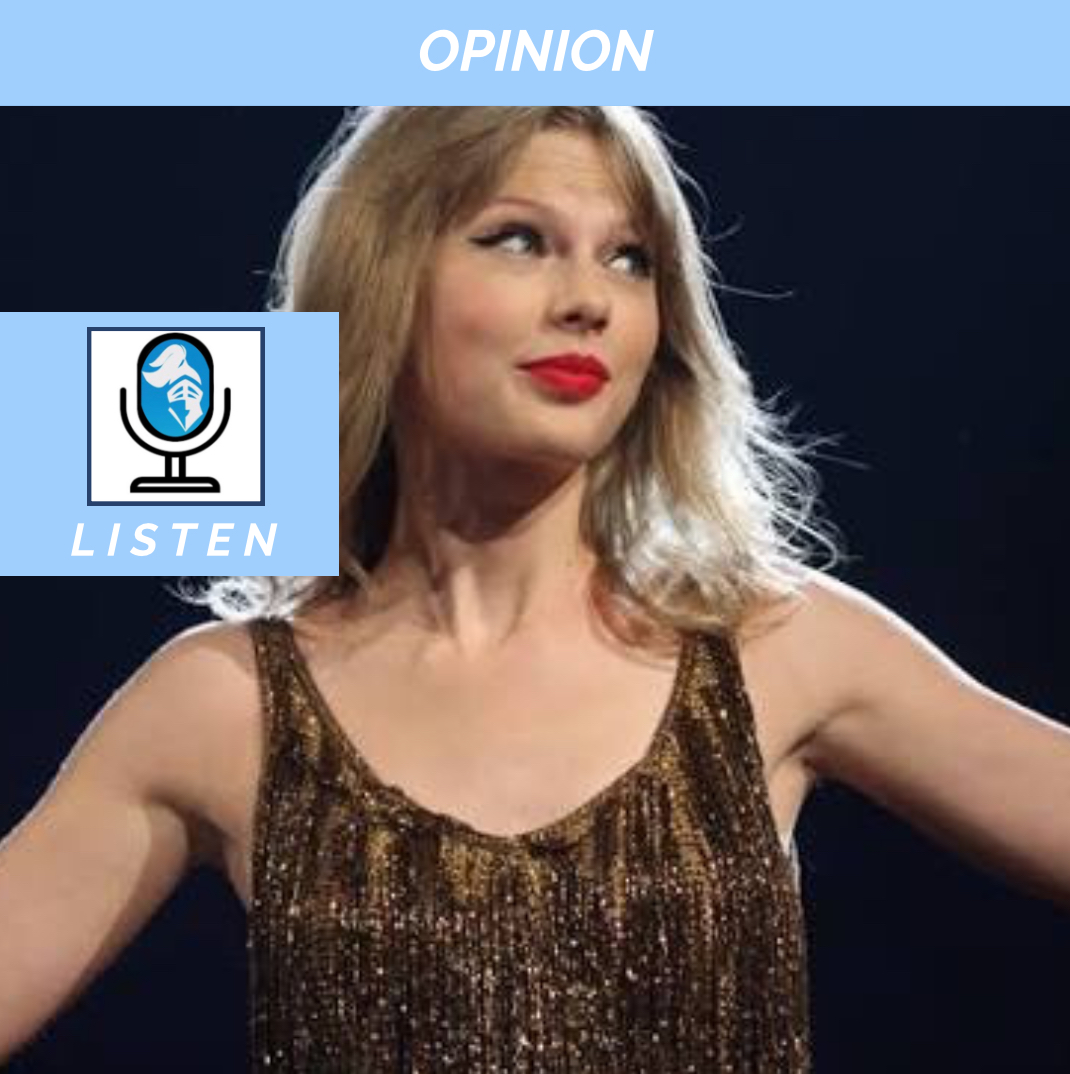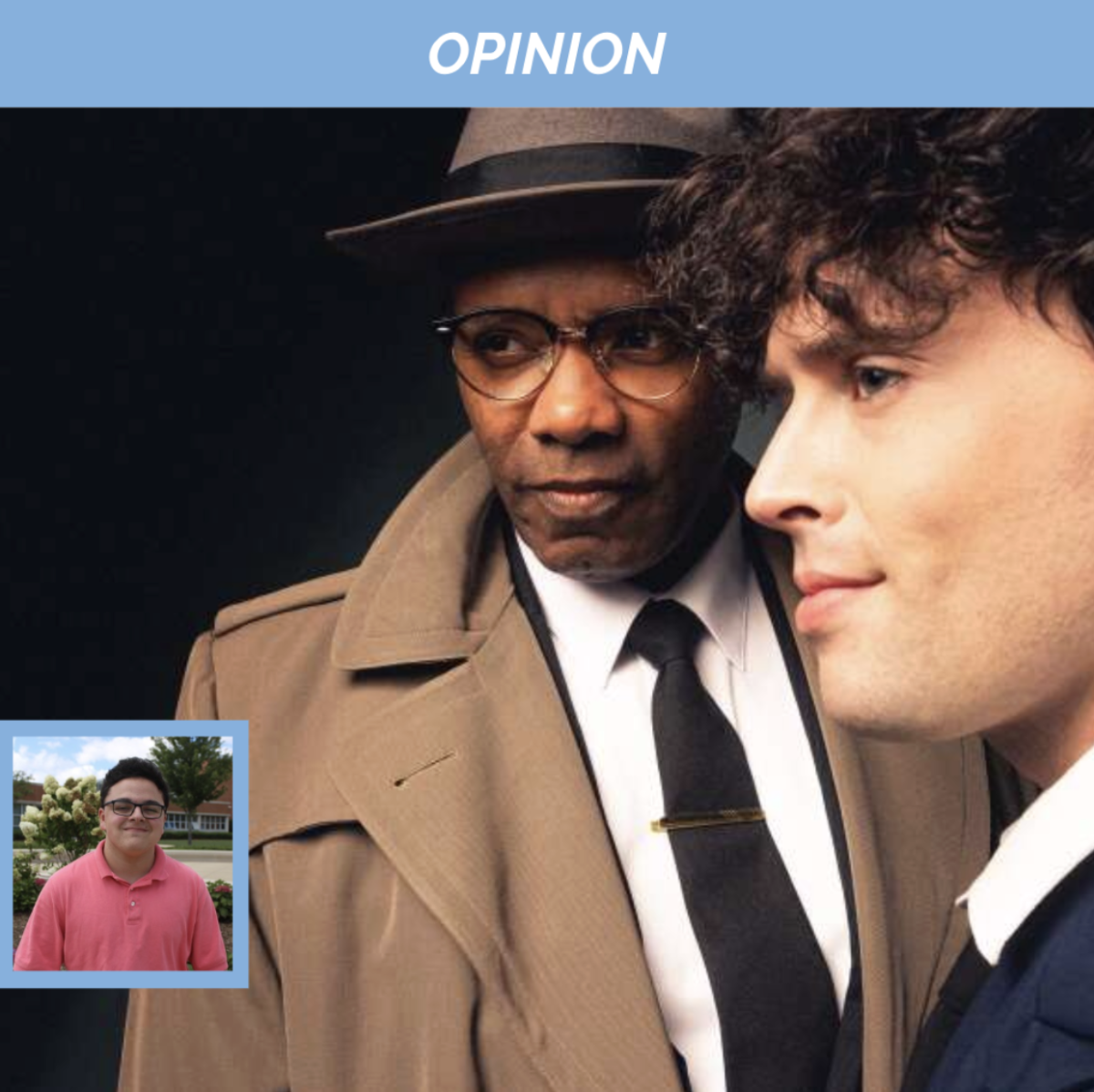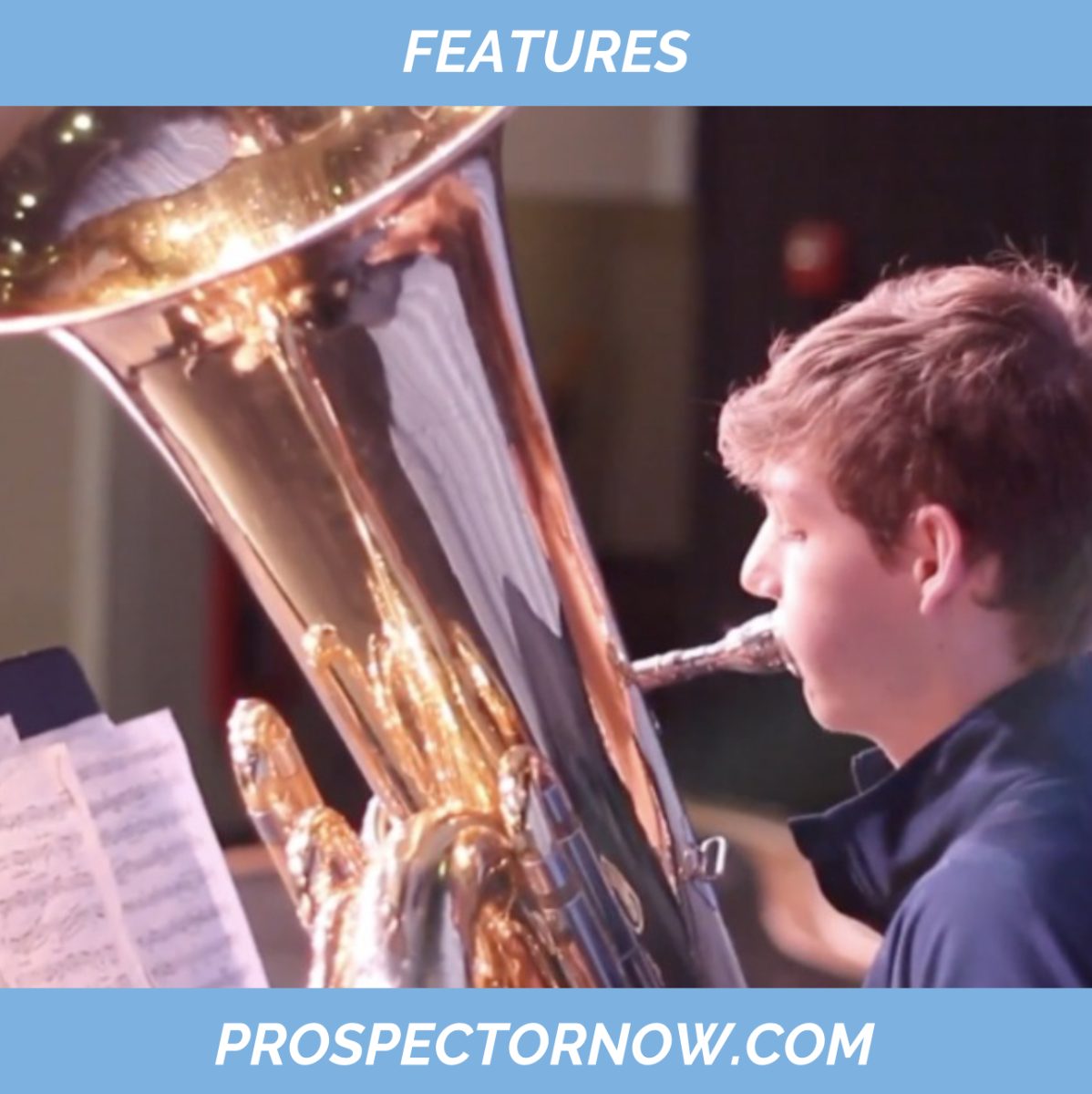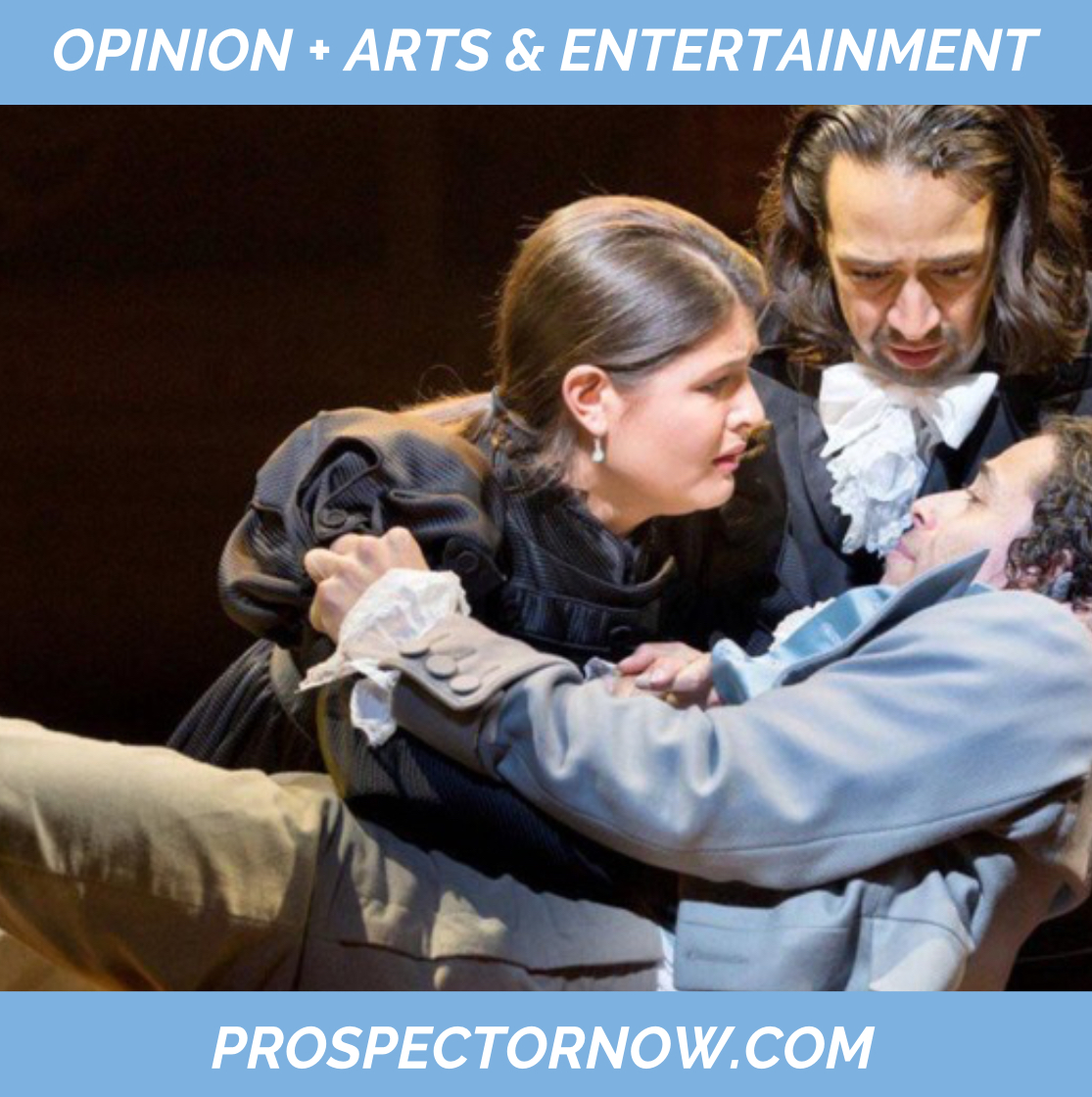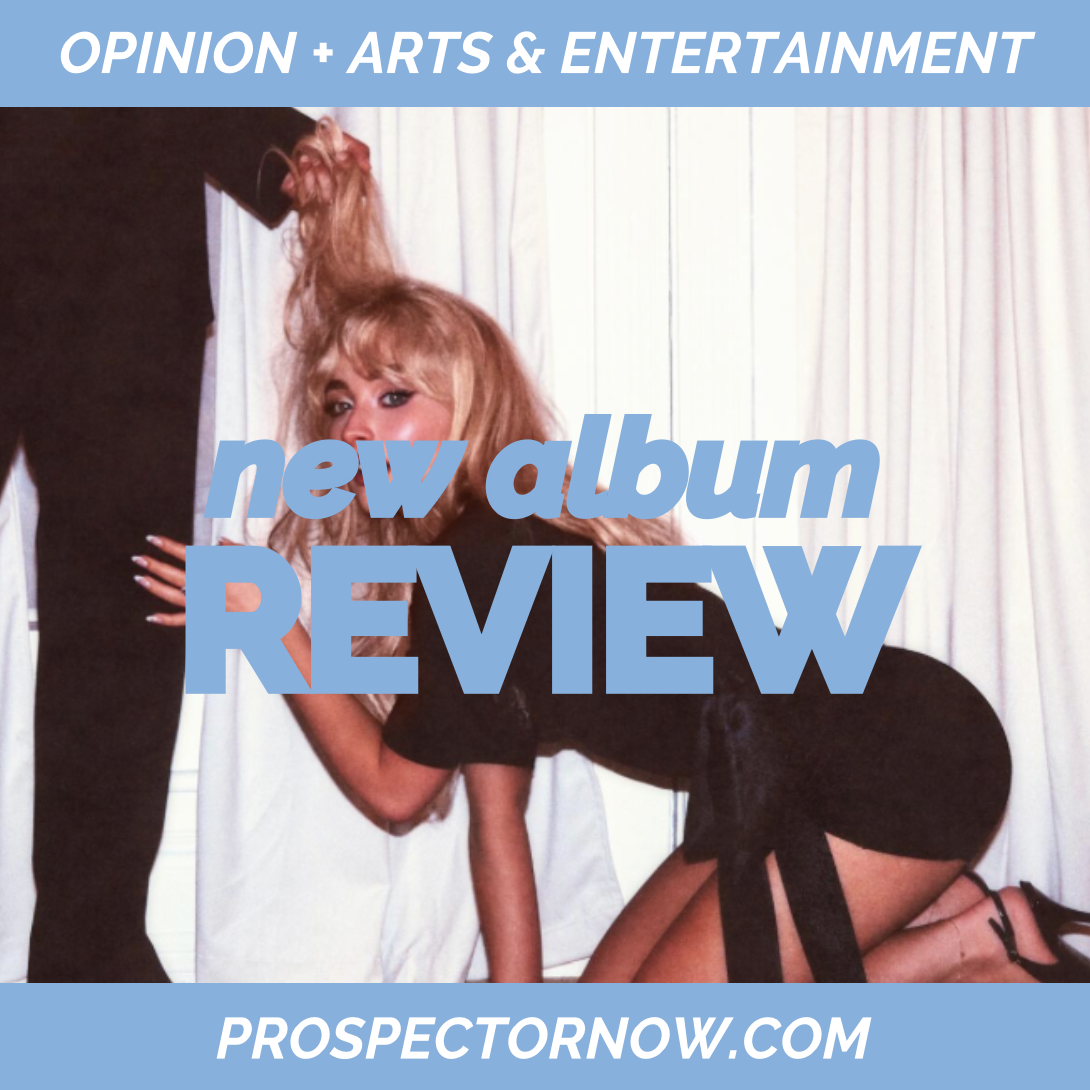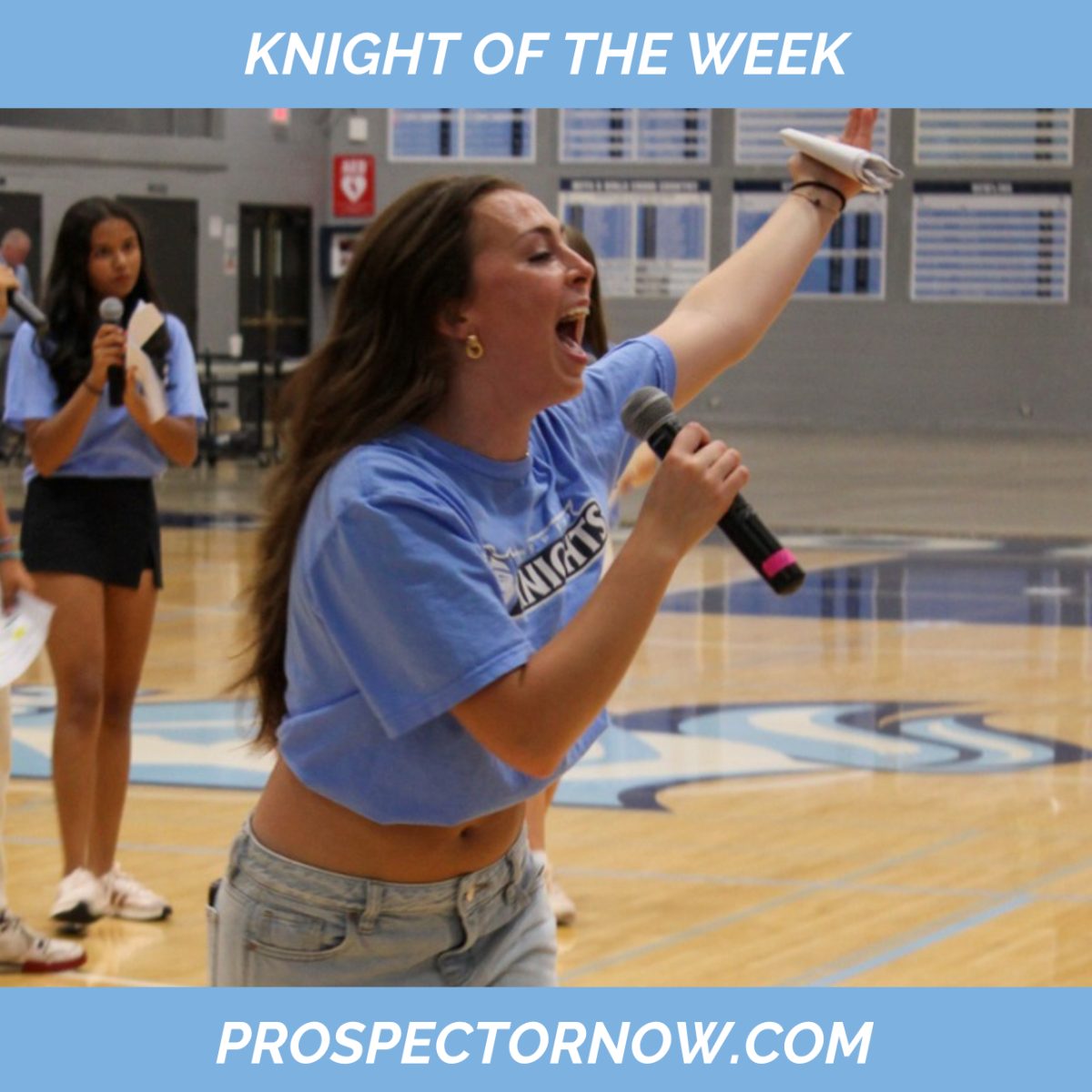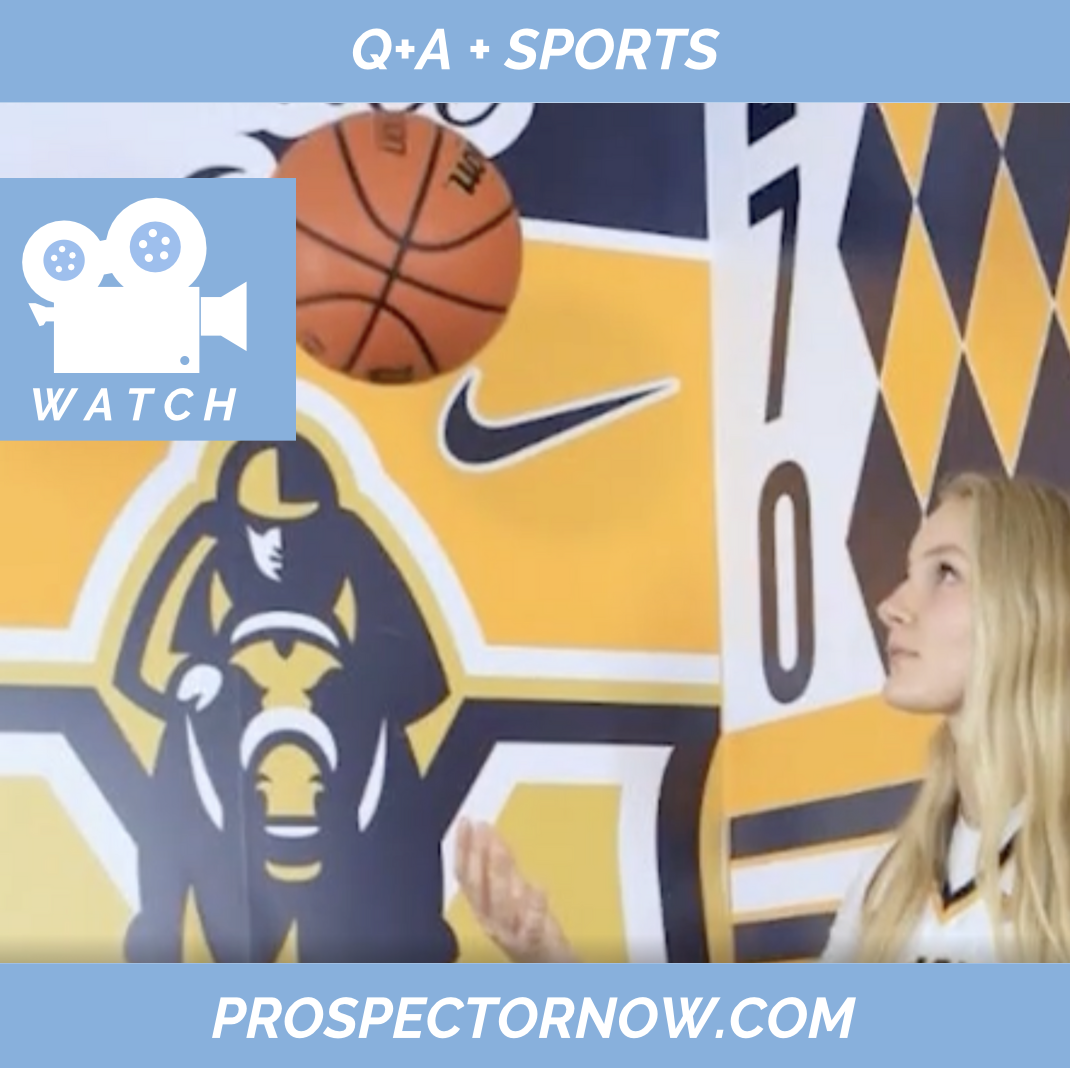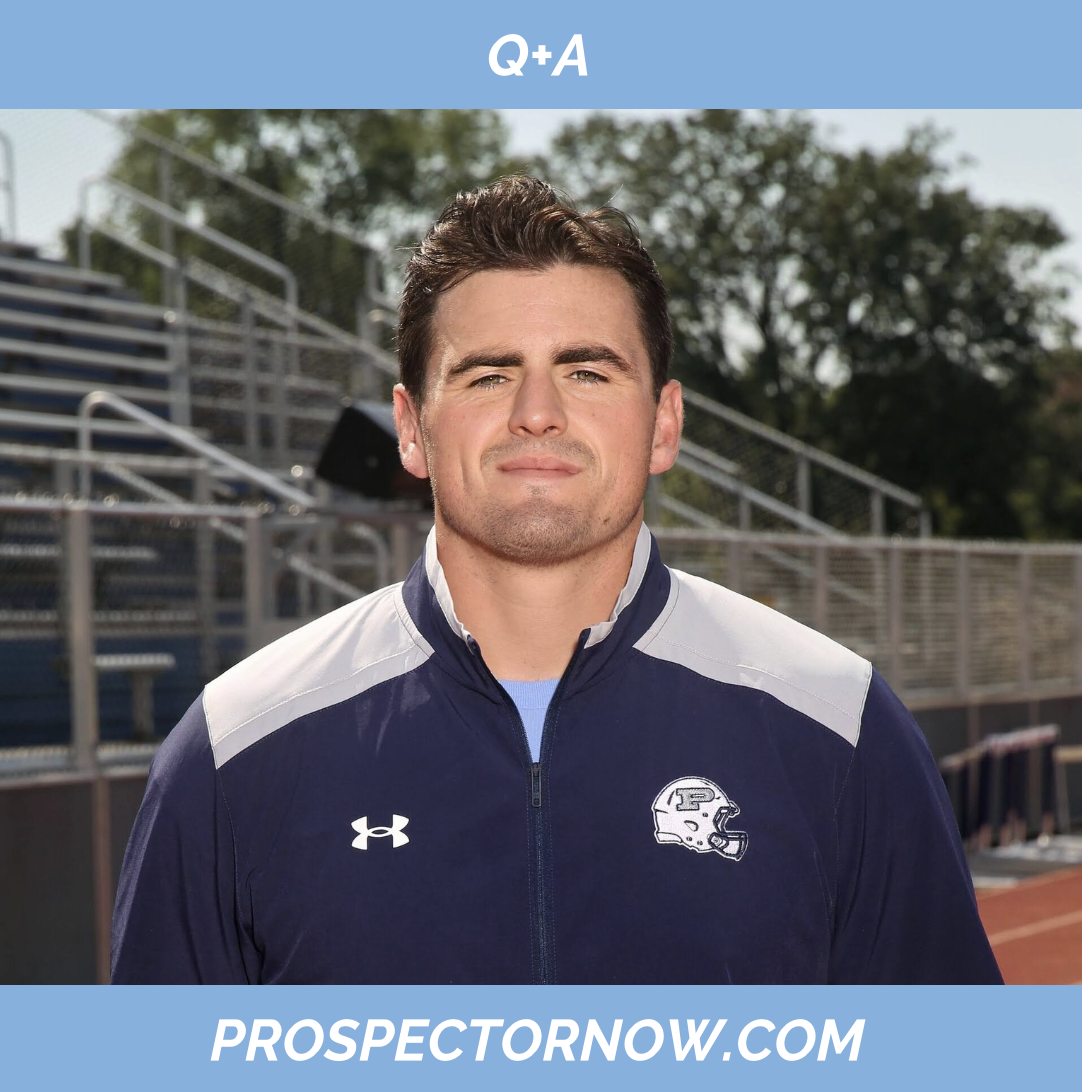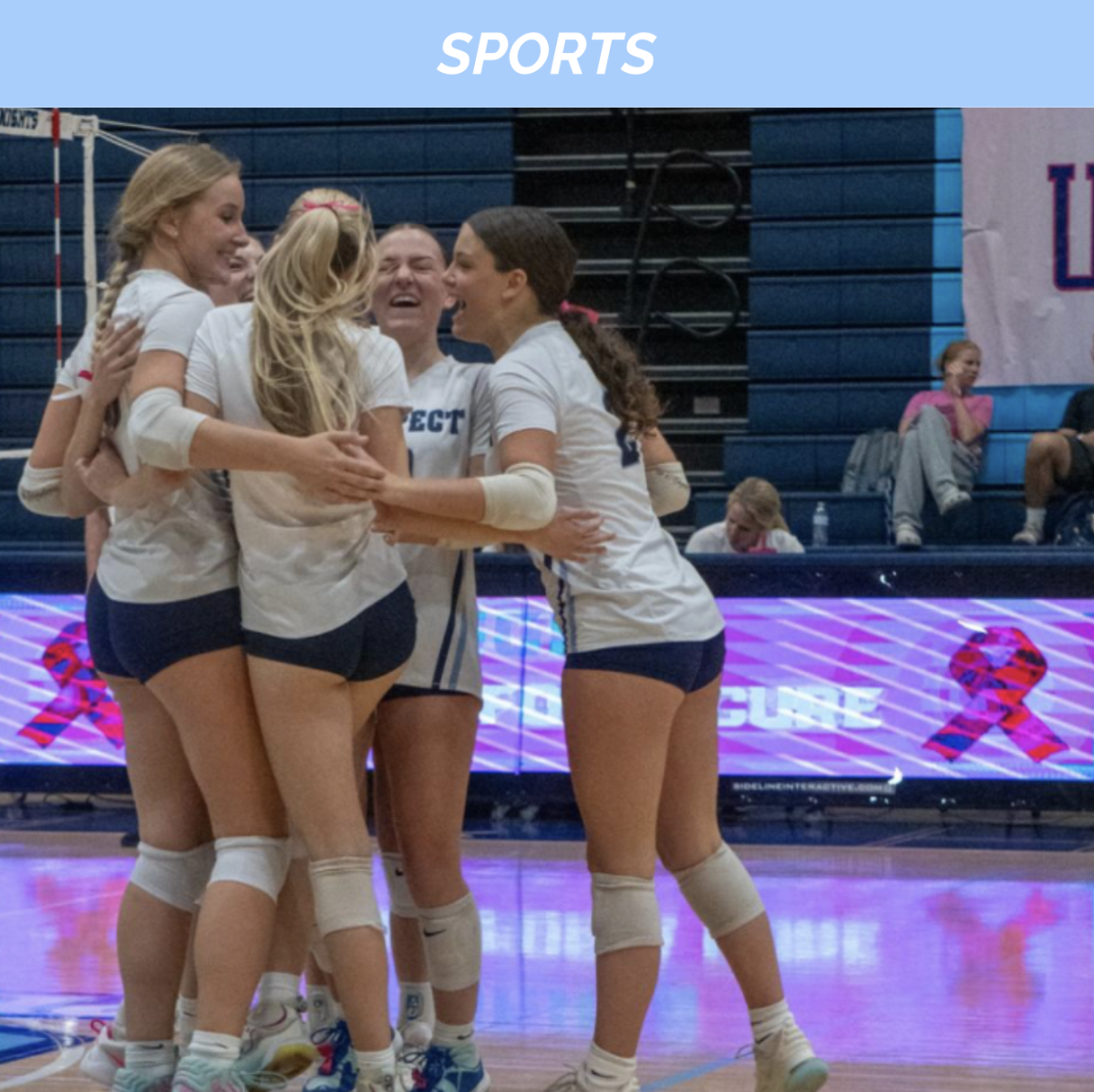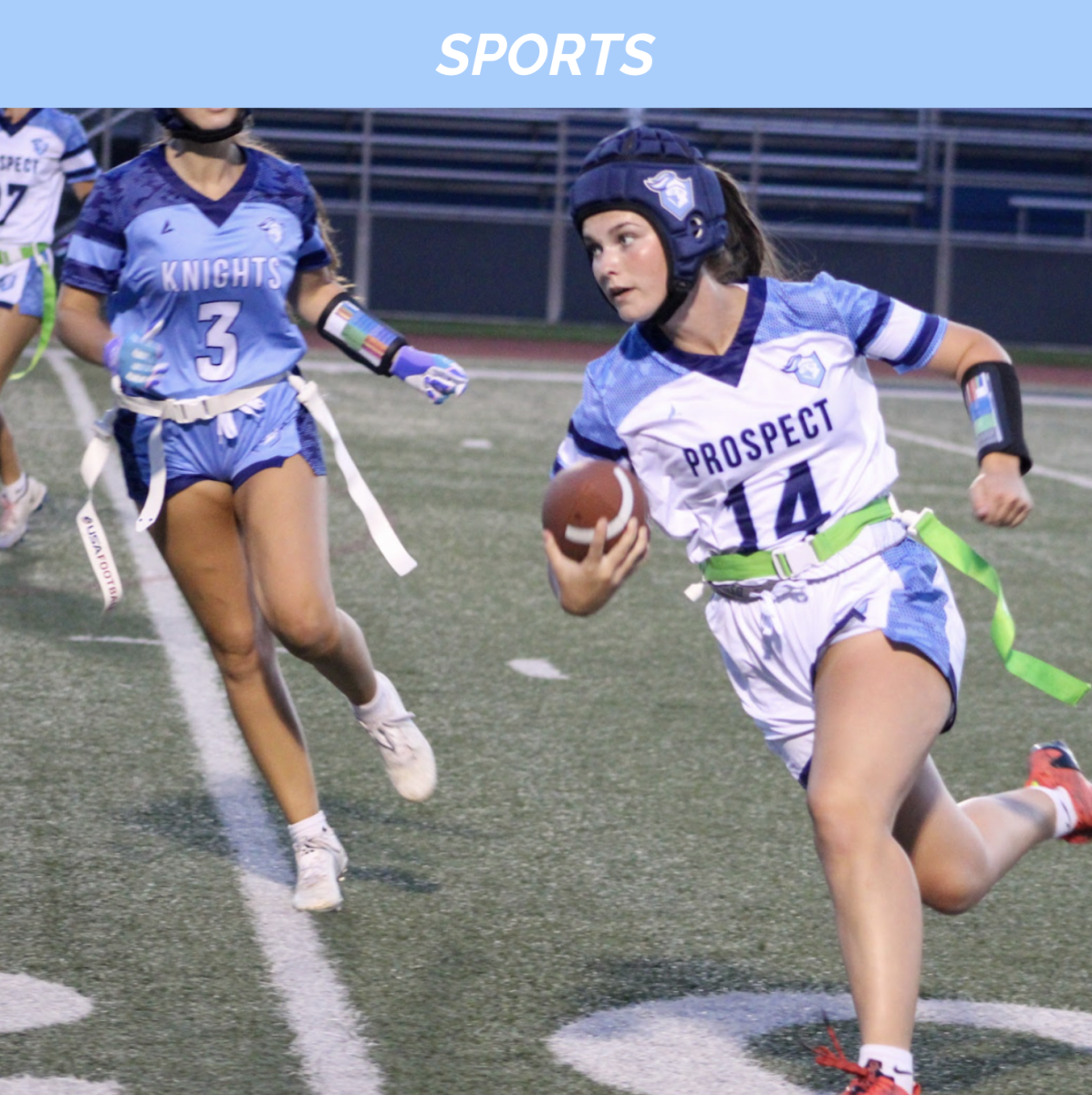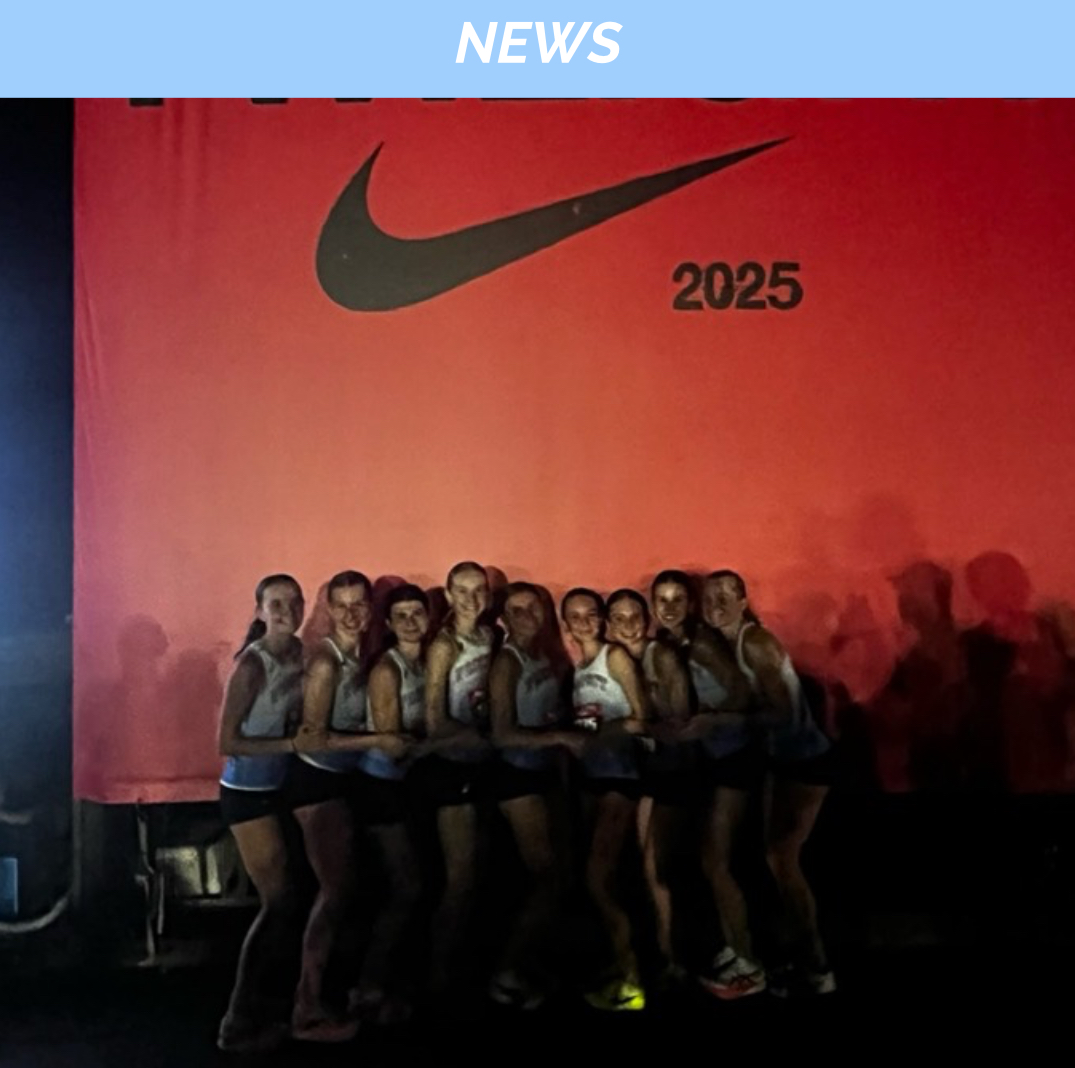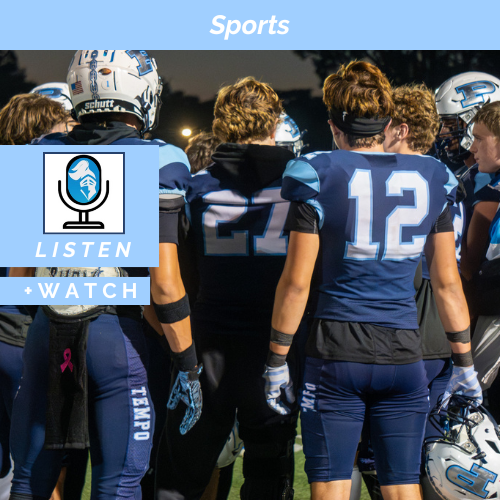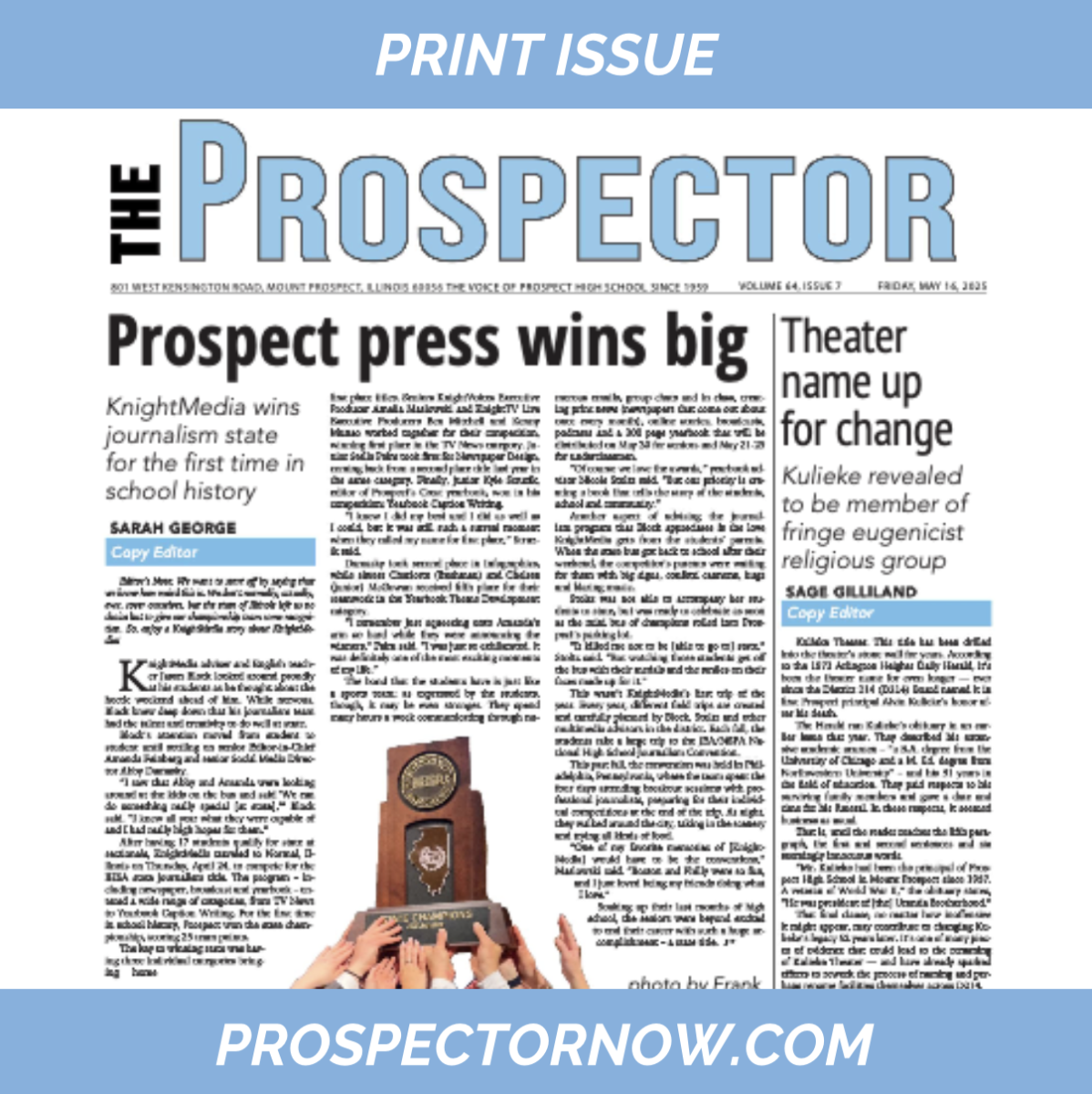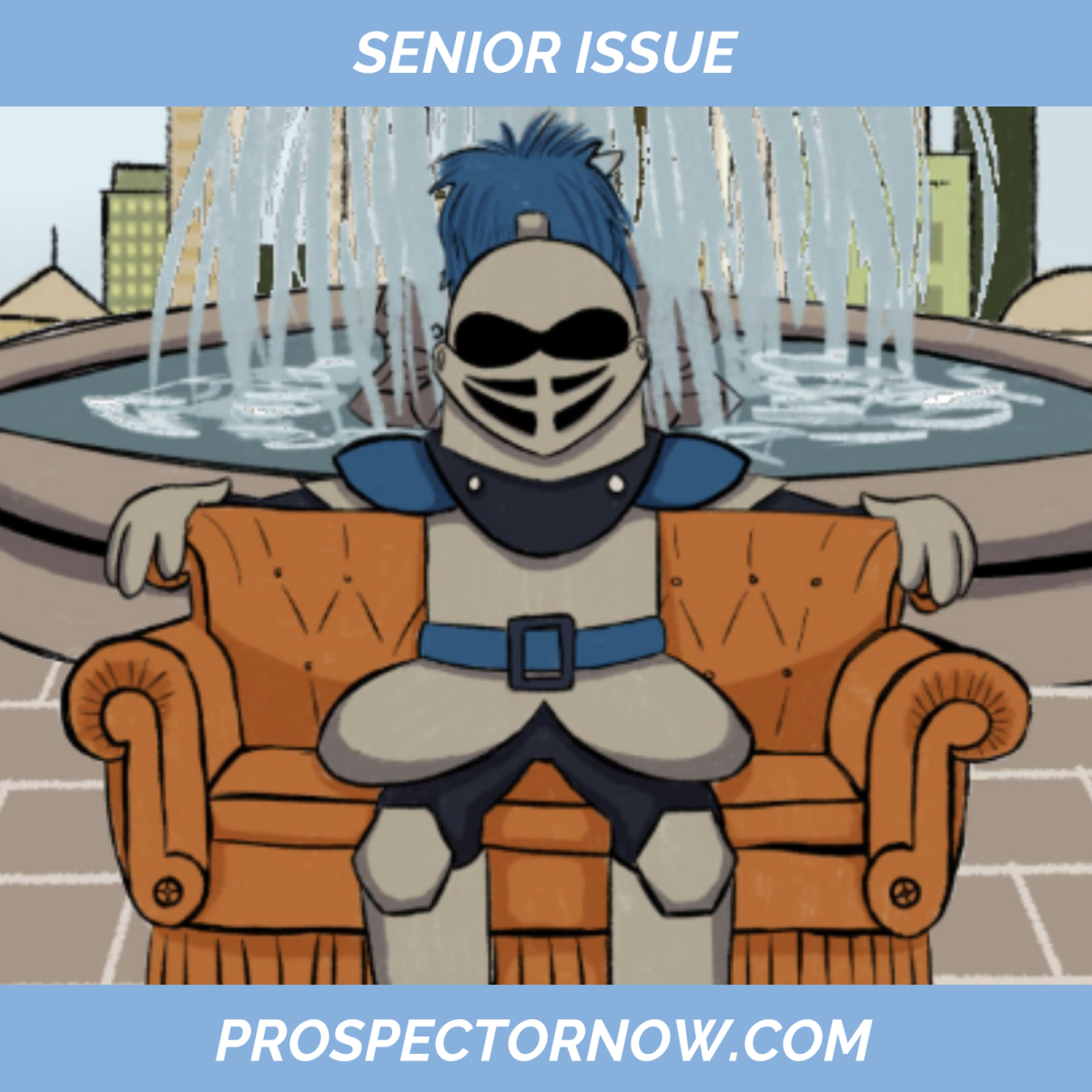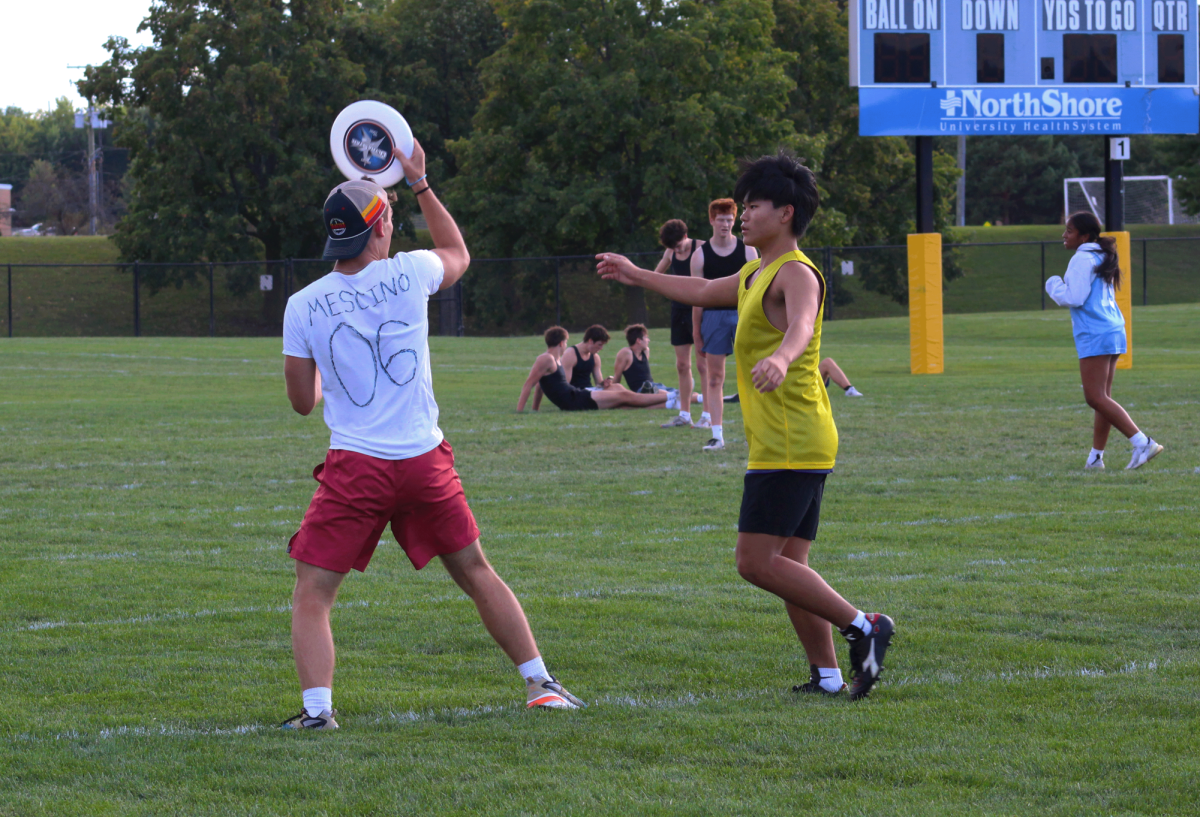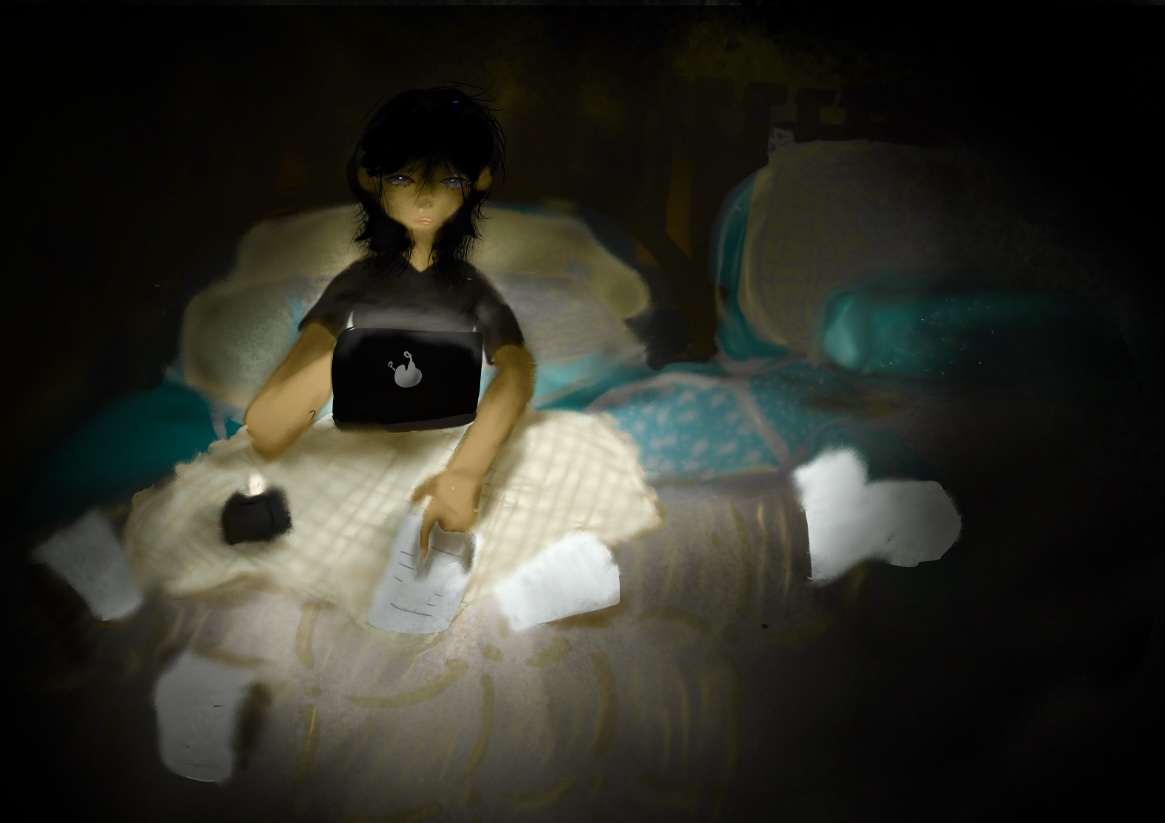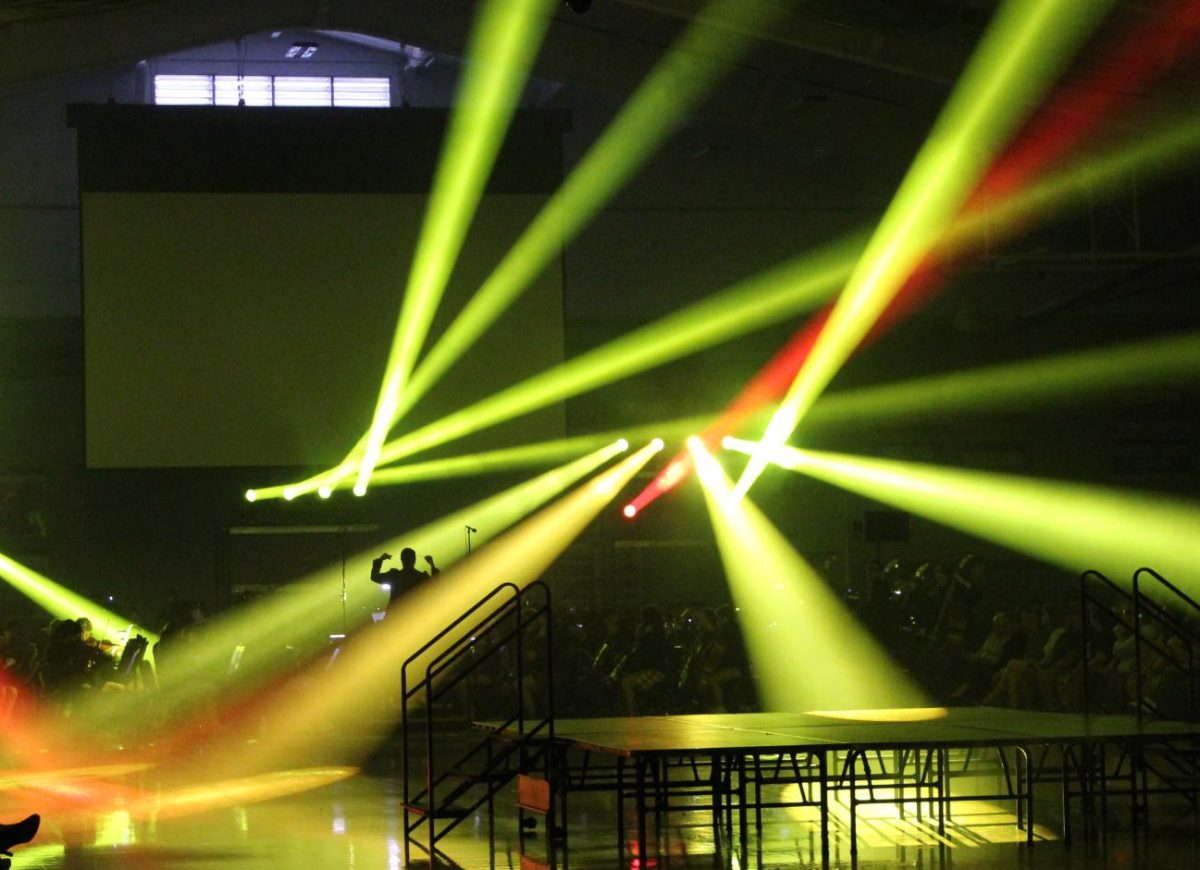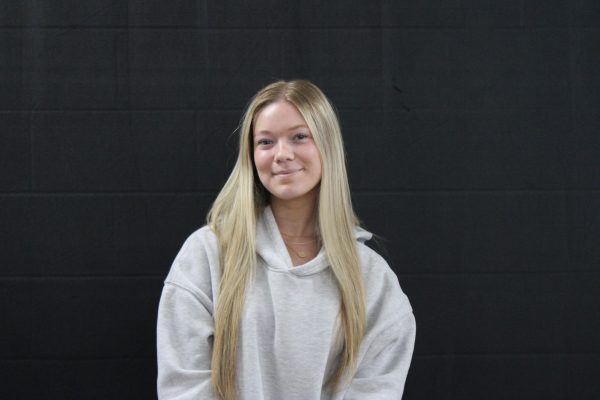For each presidential election since 2004, Prospect has held a mock election in which students vote for their choice of presidential candidate. This fake election is intended to simulate the official presidential election held in November to see how the student body would vote if all were eligible to. However, this year, Principal Greg Minter and Associate Principal Frank Mirandola canceled the mock election due to the current, intense political climate.
The cancellation of the mock election is not coincidental. Fearing backlash from community members, Minter believed that hosting a mock election would invite questions over what he thinks is an innocuous situation.
“As a public institution and because of a lot of the polarization, people tend to believe that schools are very, very liberal places,” Minter said. “Why invite any unnecessary scrutiny? People might perceive [the mock election] in [a way that was not intended].”
In recent years, there has been a noticeable increase in the gap between moderates, progressives and conservatives. This phenomenon can be described as political polarization, which is “the divergence of political attitudes to ideological extremes,” according to the European Center for Populism Studies.
The polarization within America has affected the way public schools can handle discussions surrounding political topics. According to Mirandola, Prospect will be acknowledging the election while also ensuring students respect the electoral process.
“As a school, you can’t pick a [political] side,” Mirandola said. “You have to be open to all opinions and open to all ideas and continue to uphold that. It’s about understanding the value both sides see and knowing where you fall into the equation on what you believe.”
Wanting to still educate students during the election year, Minter brainstormed other ways that would be more effective than receiving statistics from a vote. With help from the Division Head of Social Science and World Language Katie Weston, they came up with the idea to have a civics lesson in social science classes.
“[A mock election] doesn’t really gain anything for us, and it’s not really part of what we do as a school,” Minter said. “So, I thought it was better to do something more instructionally focused.”
However, senior Christina Frigelis thinks that there’s value in a mock election, as she is interested in seeing how students would vote if given the opportunity. She notices that adults frequently express their opinions, whereas students’ beliefs are sometimes overlooked.
“It’s cool to see what students think,” Frigelis said. “Most high school students and students in general can’t vote, but they probably still have opinions.”
Minter, however, did not see a lot of value in receiving just statistics from a fake election, and he wanted to shift the focus from voting to civic engagement. Weston collaborated with the Human Geography teachers to devise each aspect of the lesson, which took place on Oct. 23 and 24. The lesson focused on the importance of civic engagement, registering to vote and being aware of fake news surrounding politics.
“[The lesson] will help students become more critical thinkers around issues that are important to them,” Minter said.
Weston has seen a recent movement within District 214 to incorporate more civics lessons in classrooms. To help encourage more student voters, Weston is also collaborating with the Associated Student Body to have students hand out voting stickers as people walk into the building.
“Just having a piece of paper where kids check a box for a mock election, I don’t feel like that’s a very authentic or meaningful experience for students,” Weston said. “We’re really going to be engaging students for 85 minutes … to try and help students understand what it means to vote and [think about] issues that [they] care about when [they’re able to vote].”
Frigelis believes that the civics lesson is better than not discussing the election at all; however, she would like to see the civics lesson and mock election working together to educate students.
“It’s probably a good idea to be well-informed about what to expect,” Frigelis said. “But [the mock election] is a learning experience. You’re not actually voting, but it’s cool to see what you will do eventually.”
When it comes to reevaluating future mock elections, Mirandola, who was a U.S. History teacher before becoming an Associate Principal, is open to the idea but is curious to see how the new civics lesson plays out. He believes it is important for students to understand political issues and how those issues might affect their lives.
“I think the biggest thing to understand about politics is that if it was easy and there was one right way, we’d all be doing it,” Mirandola said. “It’s really about this ever-changing world where issues evolve and our nation evolves and our problem-solving and understanding of those problems has to continue to evolve with them.”
Also emphasizing the importance of education surrounding politics is Social Science teacher Tim Beishir, who pointed out the intense political climate of recent years.
“Right now, we’re in a pretty fractured place in our ability to have political discourse,” Beishir said. “[Saying that] ‘I’m on the red team or I’m on the blue team’ is easy instead of [saying] ‘I think [this] about these issues, so [then] I can cross reference that based on what the candidate said.’”
Beishir is not the only one who has noticed a shift in politics. According to the Pew Research Center, when asked to describe American politics today, around 8 in 10 Americans “responded with a negative word or phrase.” The cancellation of the mock election spoke to the current state of political discourse, according to Beishir. However, he shares Minter’s belief that a mock election is not as substantive as a classroom conversation.
When Beishir was growing up, he recalls being told not to discuss politics at the dinner table. This lack of discussion has fostered an inability of many people to have a productive conversation, according to Beishir. To combat this, Beishir emphasizes political discourse in his AP United States Government and Politics class, and he begins the year with a debate over dipping sauce to simulate what a respectful conversation looks like.
“It’s important to [have political discussions] frequently so it becomes commonplace to have to deal with potentially politically sensitive conversations [in the future],” Beishir said.
Beishir attempts to focus the conversations on issues rather than on the candidates themselves. However, he also understands that certain political issues can be more important and sometimes emotional for people, so he tries to give students a space to discuss their beliefs appropriately.
“In a national campaign lens, it’s easy [for some people] to feel like ‘my ideas are right and the other people are the evil empire,’” Beishir said. “You can just think your idea is better, [and the other person doesn’t] have to be the villain.”
The political climate has cultivated tension from both sides, and on the extreme end of this has resulted in two attempted assassinations of former President and current presidential candidate Donald Trump. The first happened as he was speaking in Butler, Pennsylvania on July 13, 2024. The bullet grazed Trump’s ear and caused him to bleed as he was escorted off of the stage by the Secret Service. The second occurred on Sept. 15 at his Mar-a-Lago golf course. Out of the 46 Presidents of the United States, only four have been assassinated with the most recent being John F. Kennedy in 1963.
“Many things have been normalized in the last few years in American political discourse,” Beishir said. “I don’t think it’s about issue polarization, I think it’s about … how people are speaking about politicians. People’s words matter, particularly when they are leaders of national importance.”
While Beishir’s perspective examines a growing divide in political discourse, Mirandola wants to foster unity with the popular “USA” football game theme. Last September, controversy arose over Rolling Meadows High School’s proposed “USA” football game theme. As of now, the theme is scheduled as a home game against Buffalo Grove on Oct. 25. Mirandola has no issue with the theme itself, and he believes that “USA” symbolizes patriotism and not political views.
“I love doing ‘Red, White and Blue,’ or ‘USA,’ as a home game whenever possible because we know we have [security] making sure that [the theme] is done properly,” Mirandola said.
According to Mirandola, discussions involved which game would have the theme, not the theme itself or calling it ‘USA” vs. “Red, White and Blue.” When selecting themes, Mirandola looks to see how the theme could be interpreted by others, and he makes sure it is appropriate for all venues. While no props, signs or flags are permitted — the same rules that apply at every game —, students are allowed to wear political merchandise if they so choose.
Mirandola does not anticipate any controversy with the theme, and he is expecting a fun night incorporating patriotism. Even though election years bring differing perspectives, Mirandola and Beishir argue that Americans can find a common ground.
“People [get riled up] when it’s just about politics, like election month,” Beishir said. “But there were around 70,000 people in Soldier Field screaming for the Bears. They were all on the same team, and they were probably high-fiving strangers. But some of those people have Trump signs in their yards, and some of those people have Harris signs in their yards. But they unite … and once people breathe through [political] tension [more issues can be solved].”

